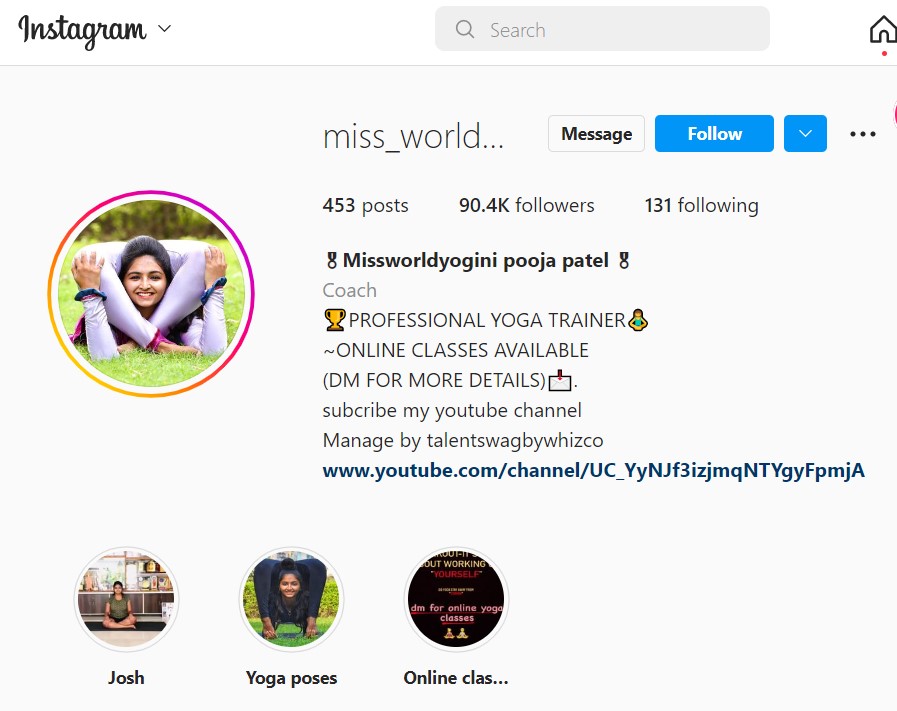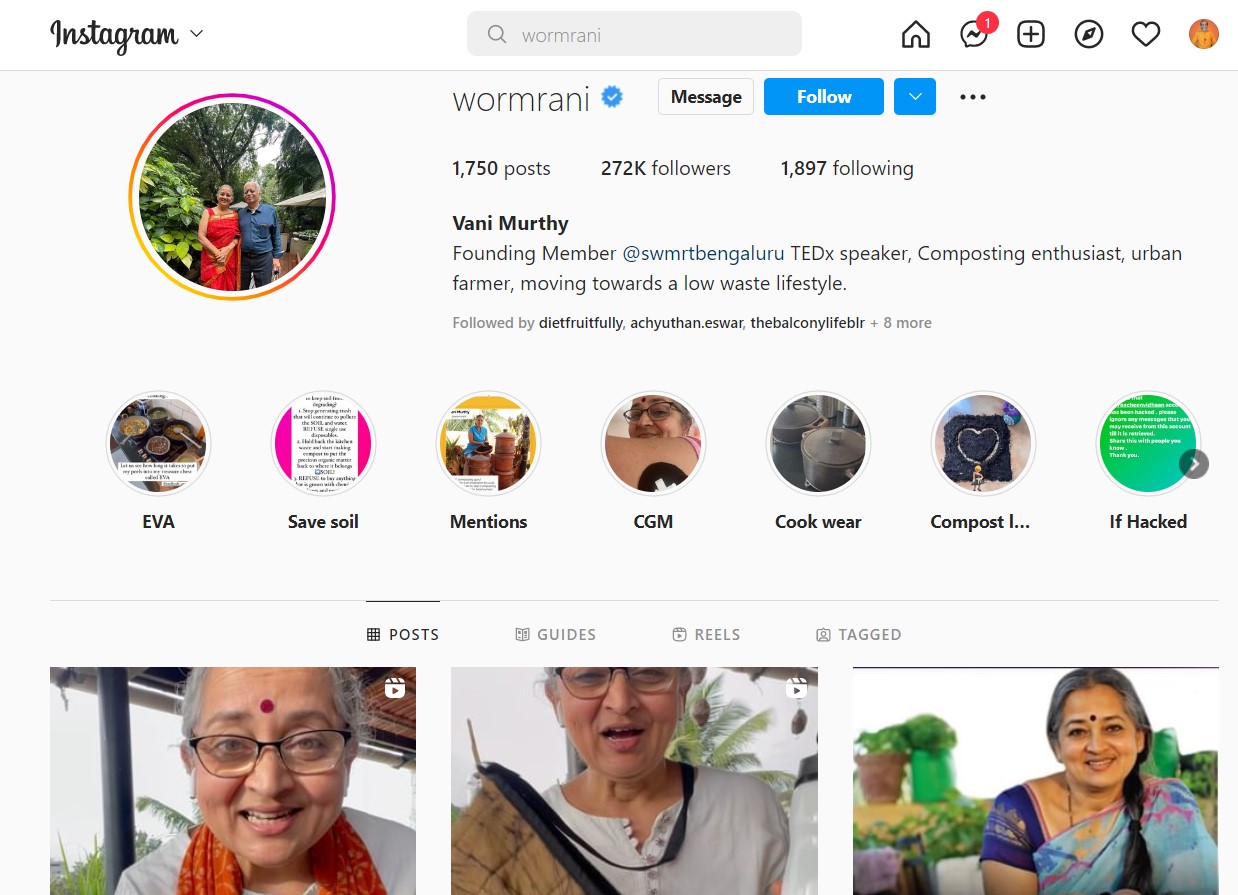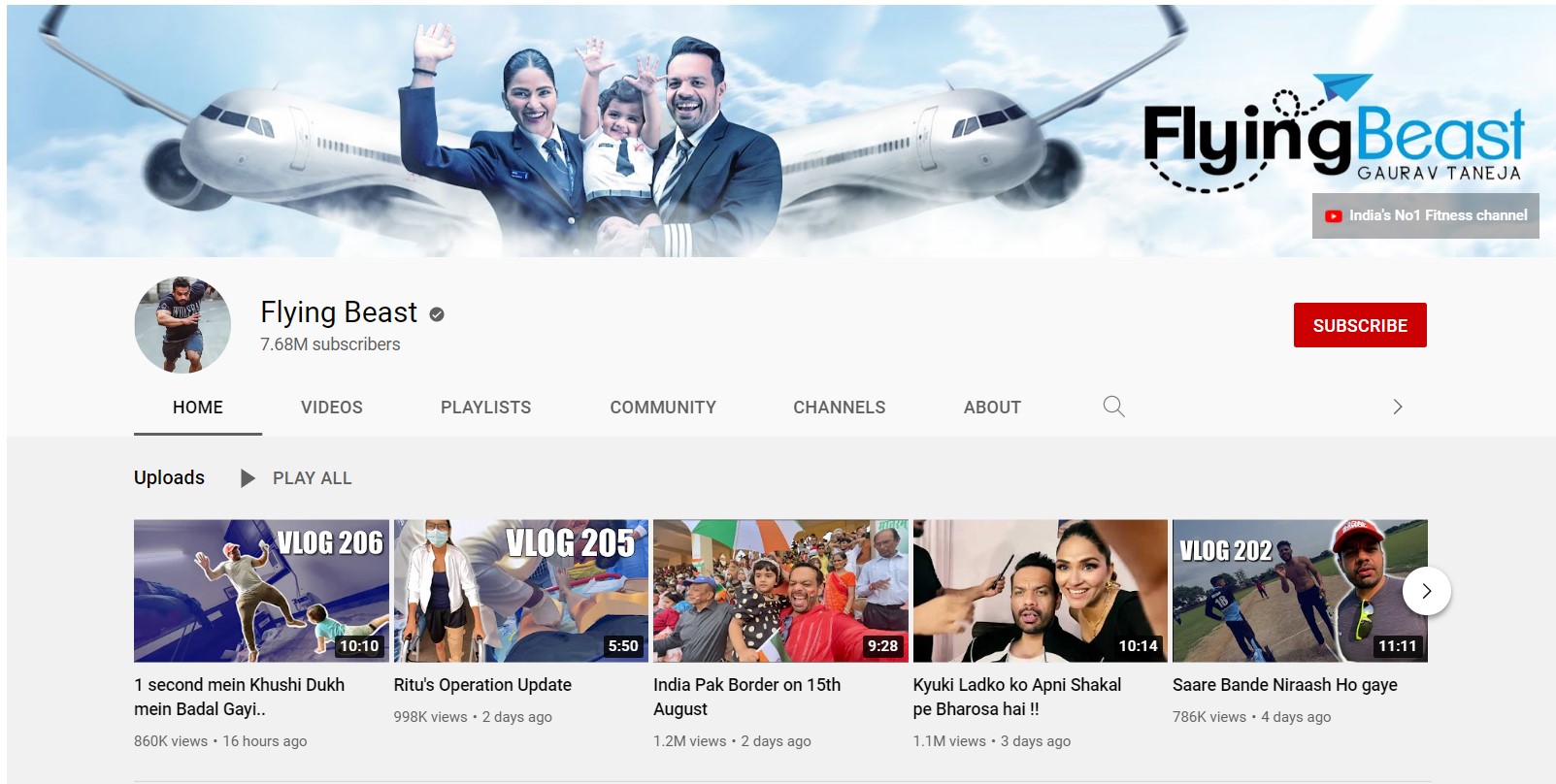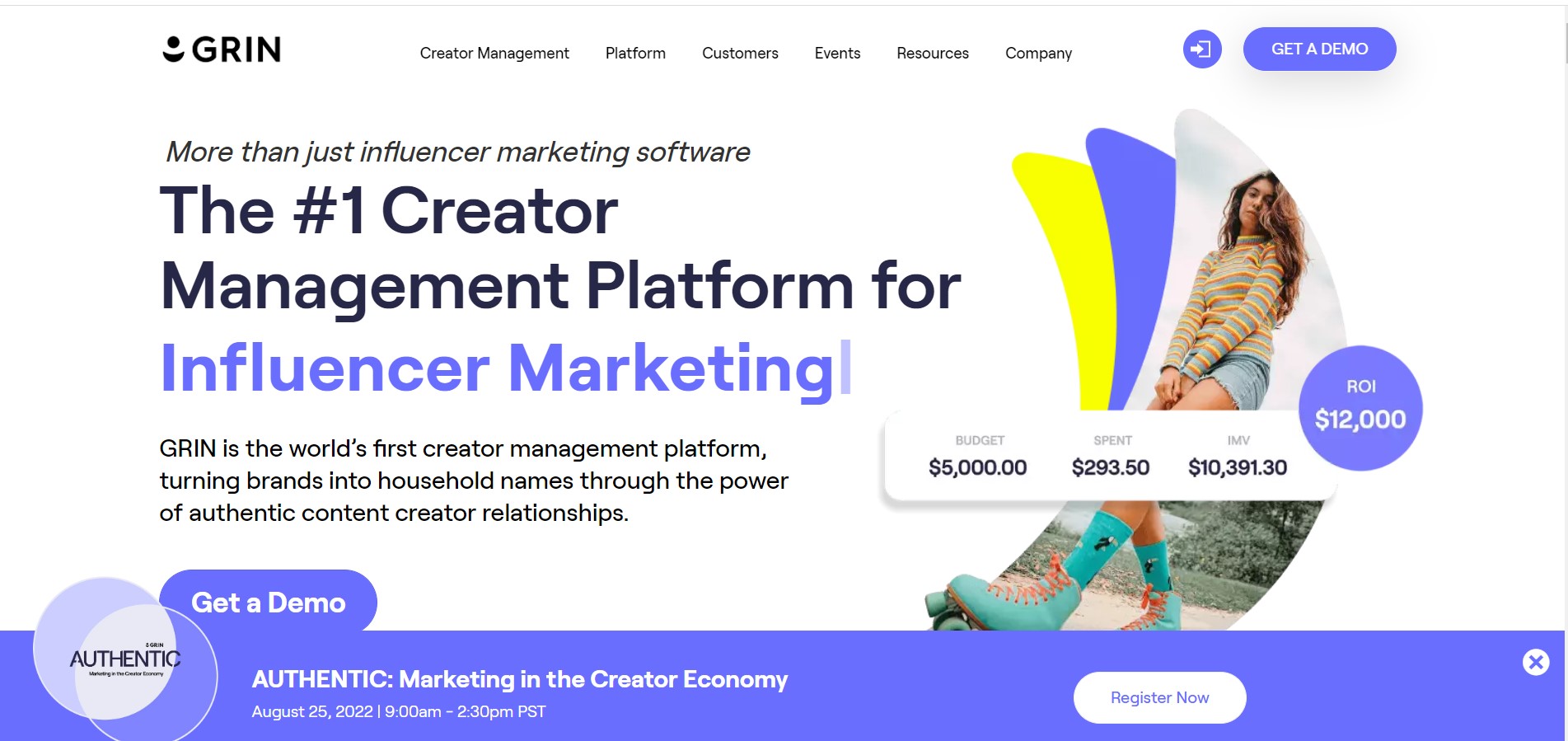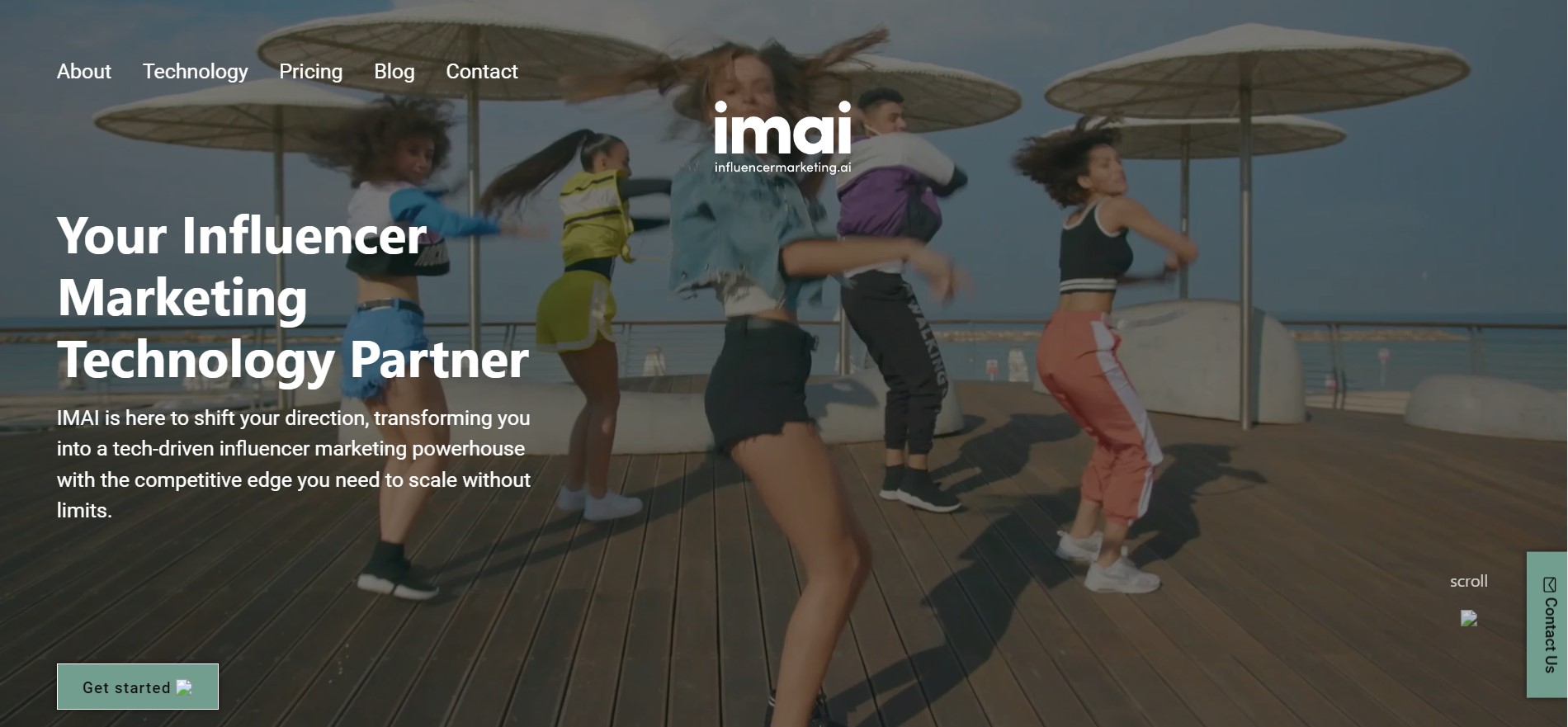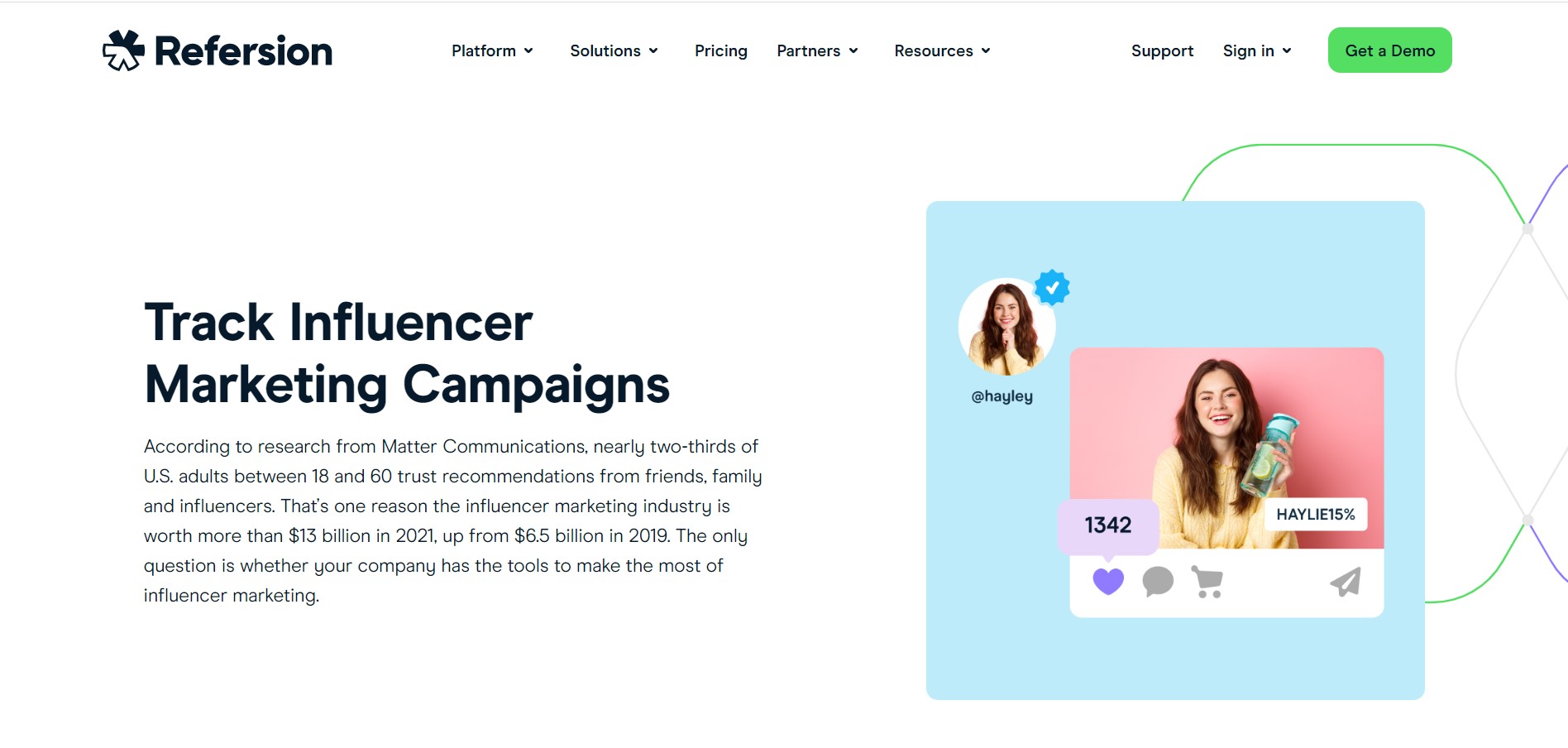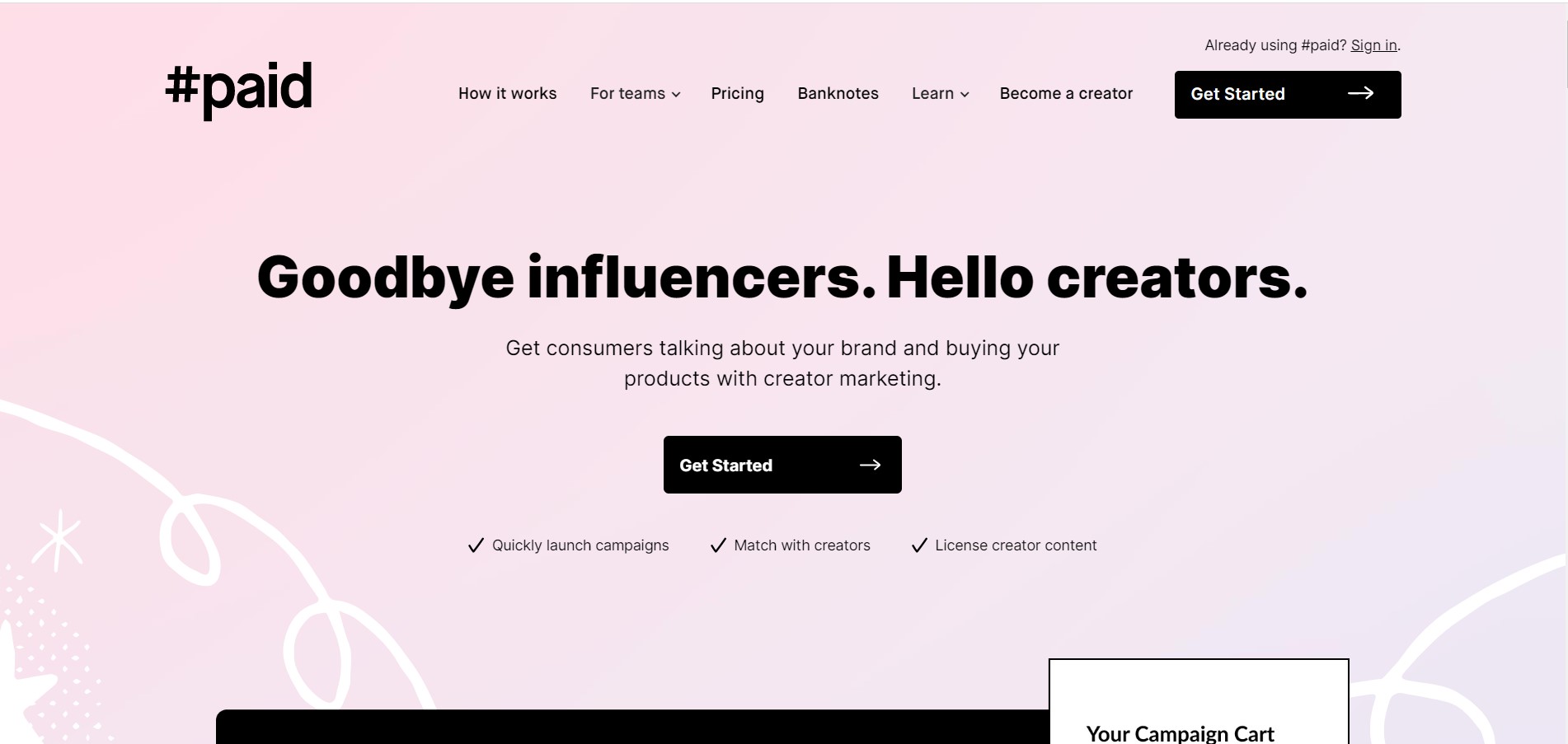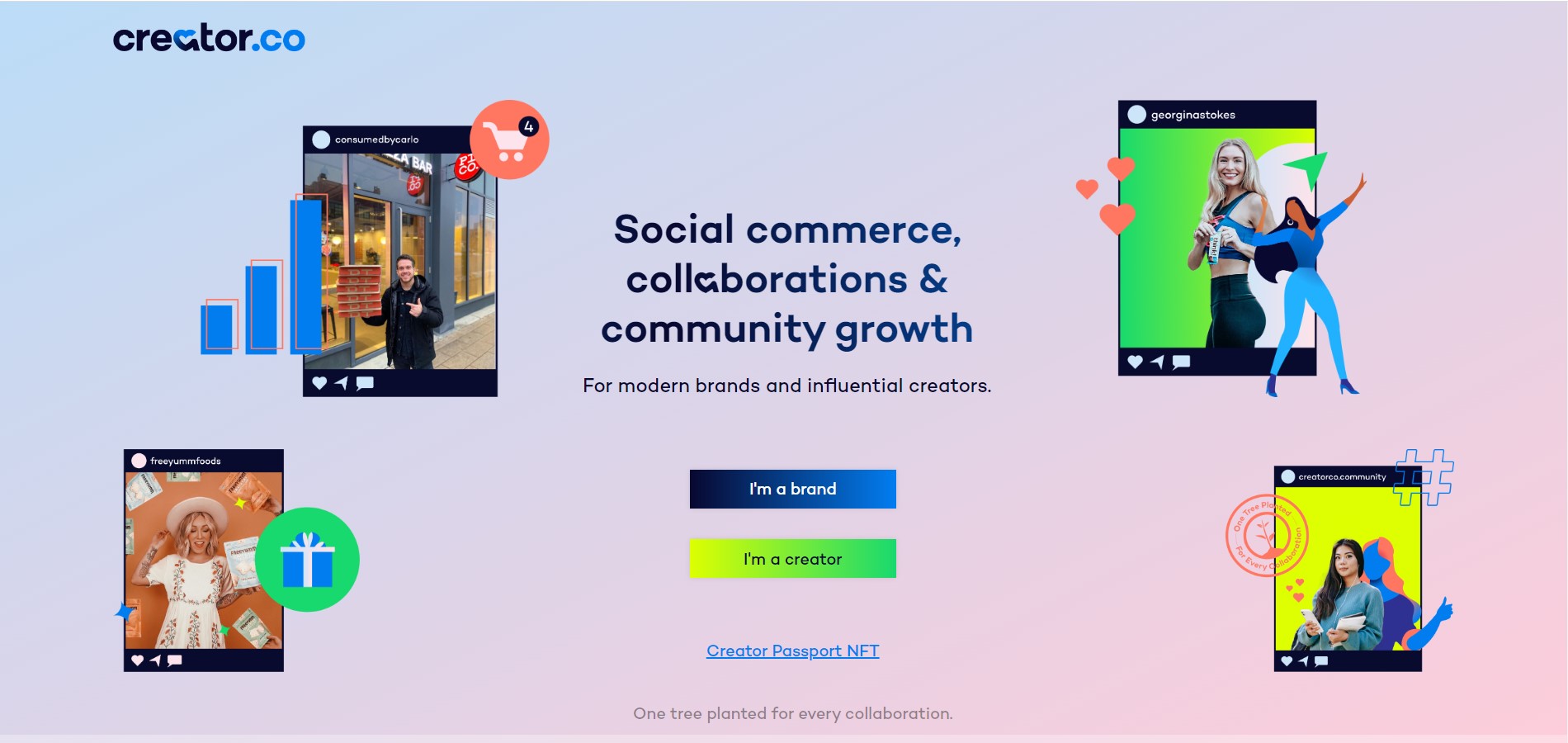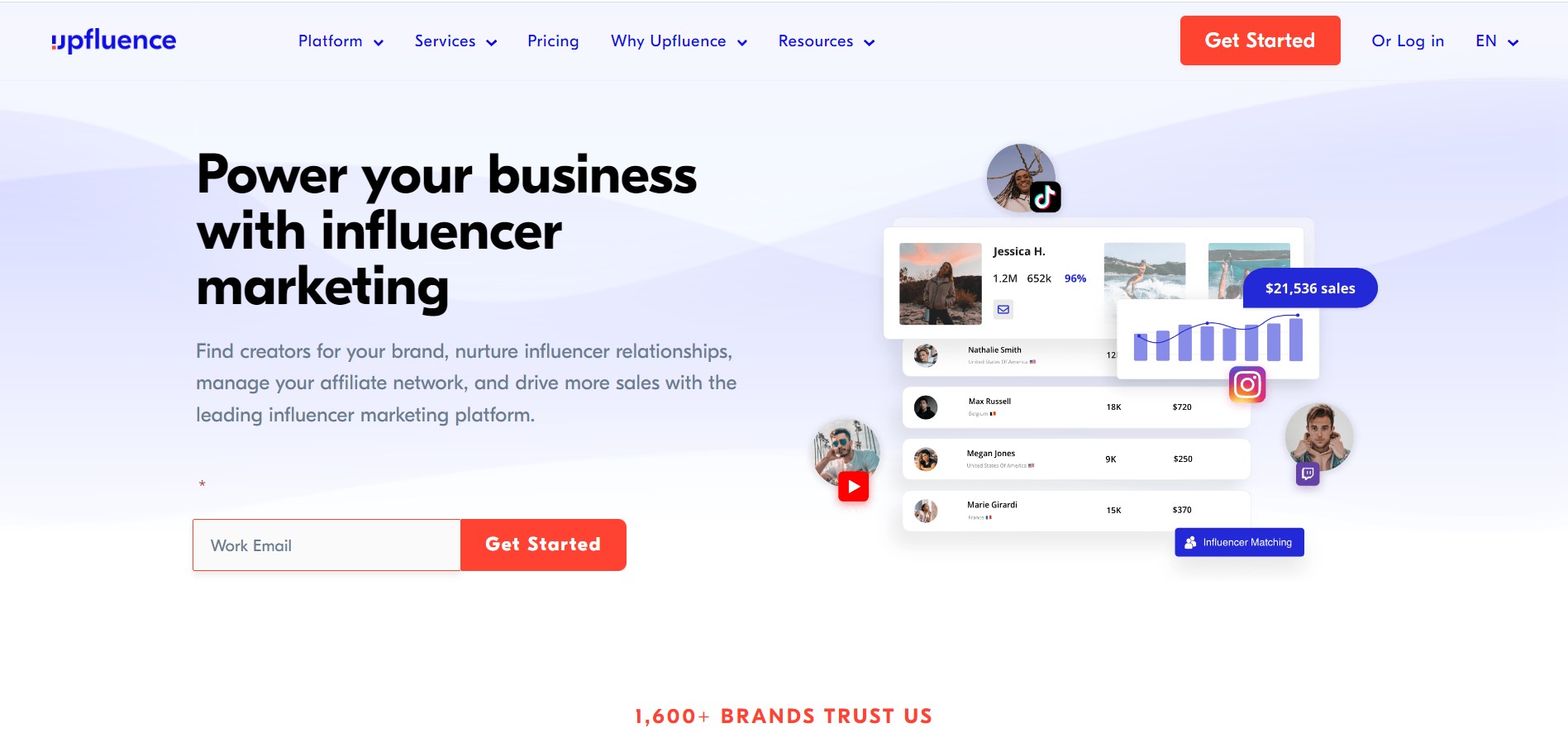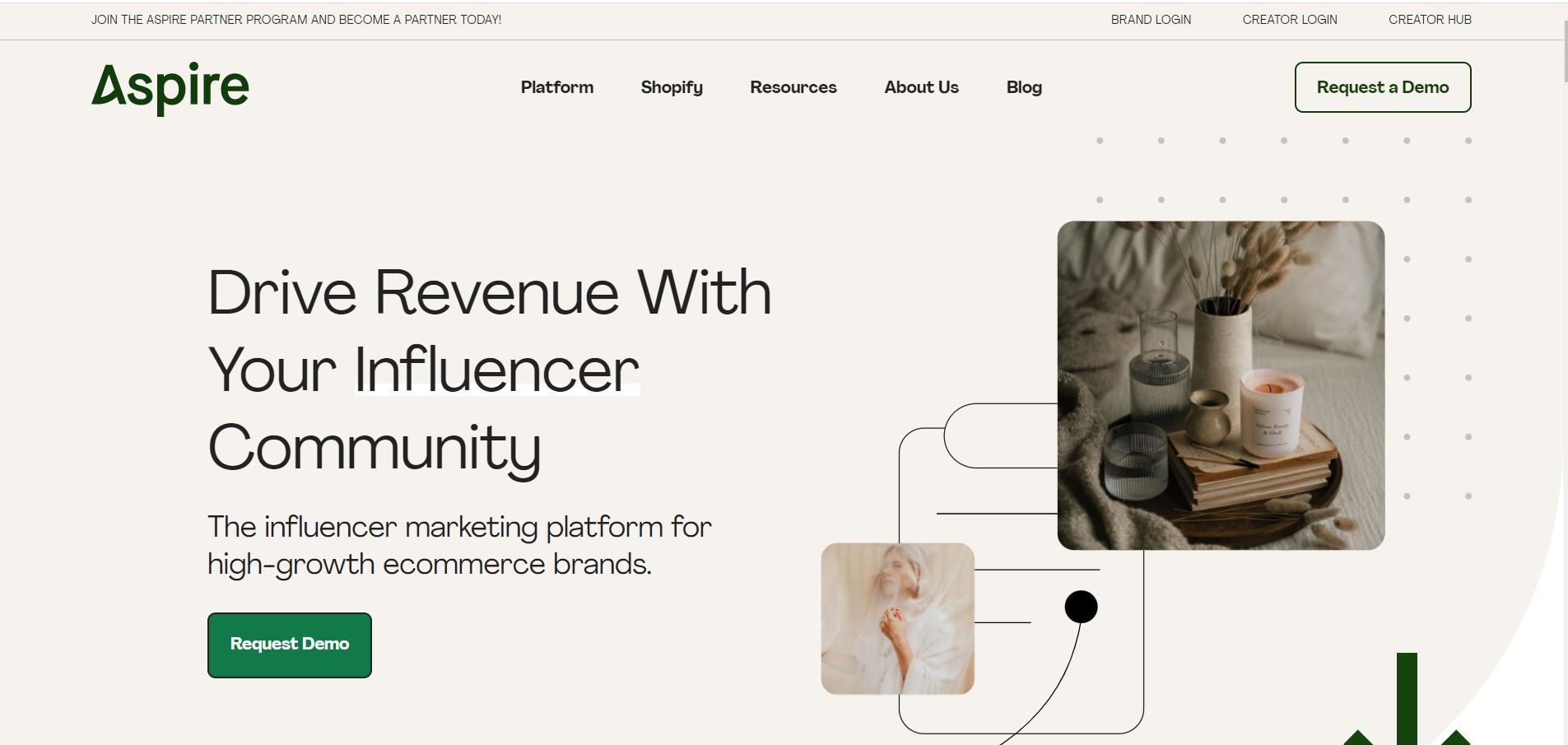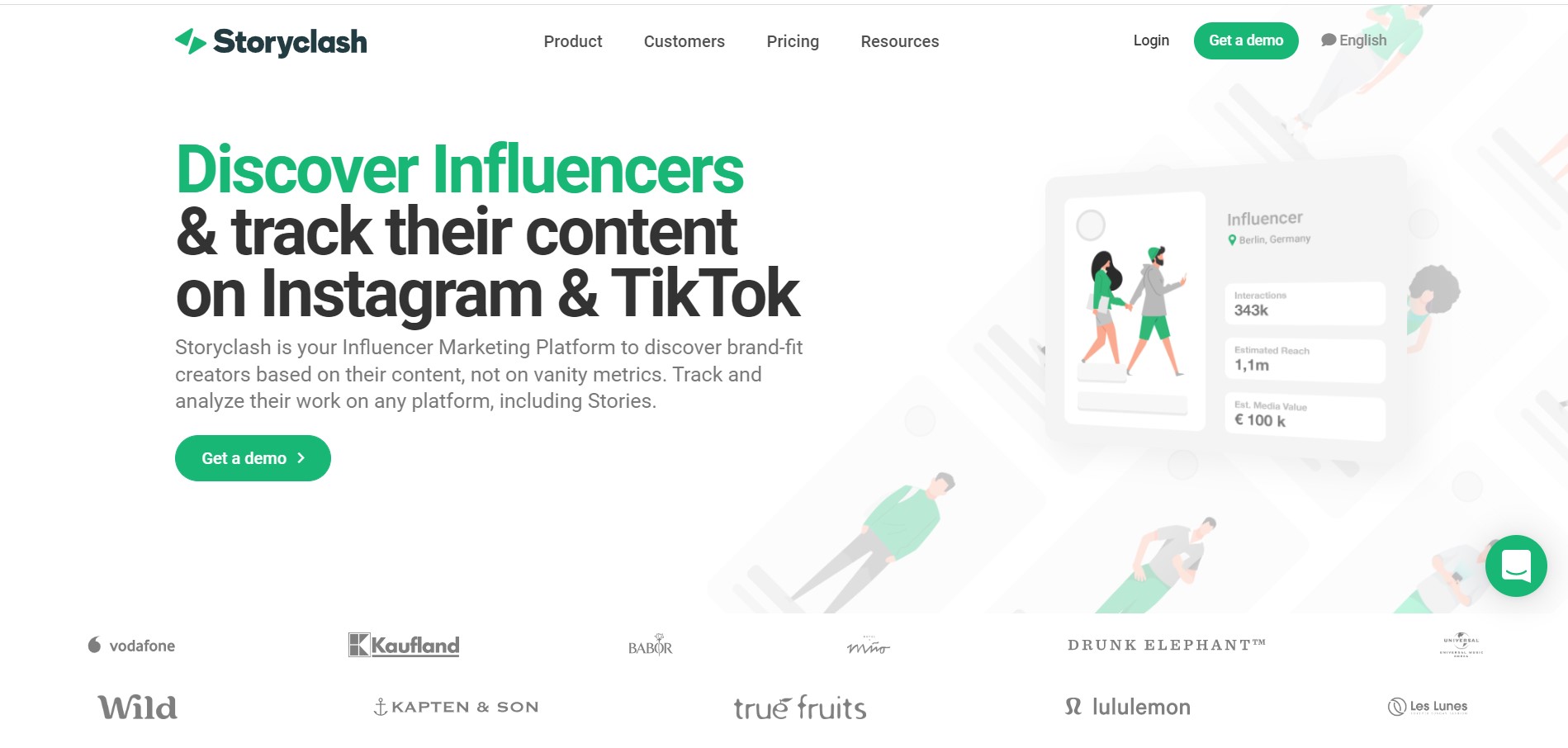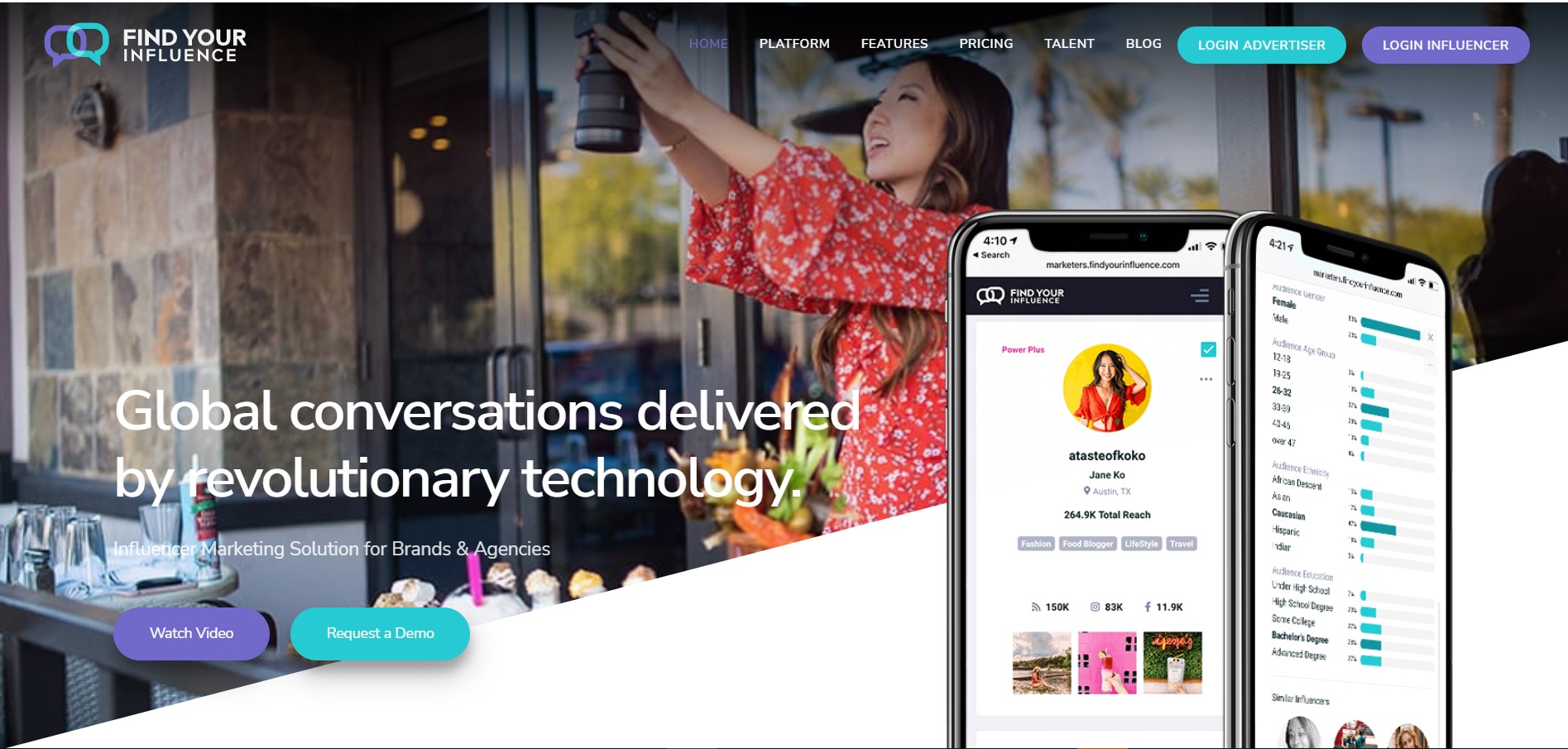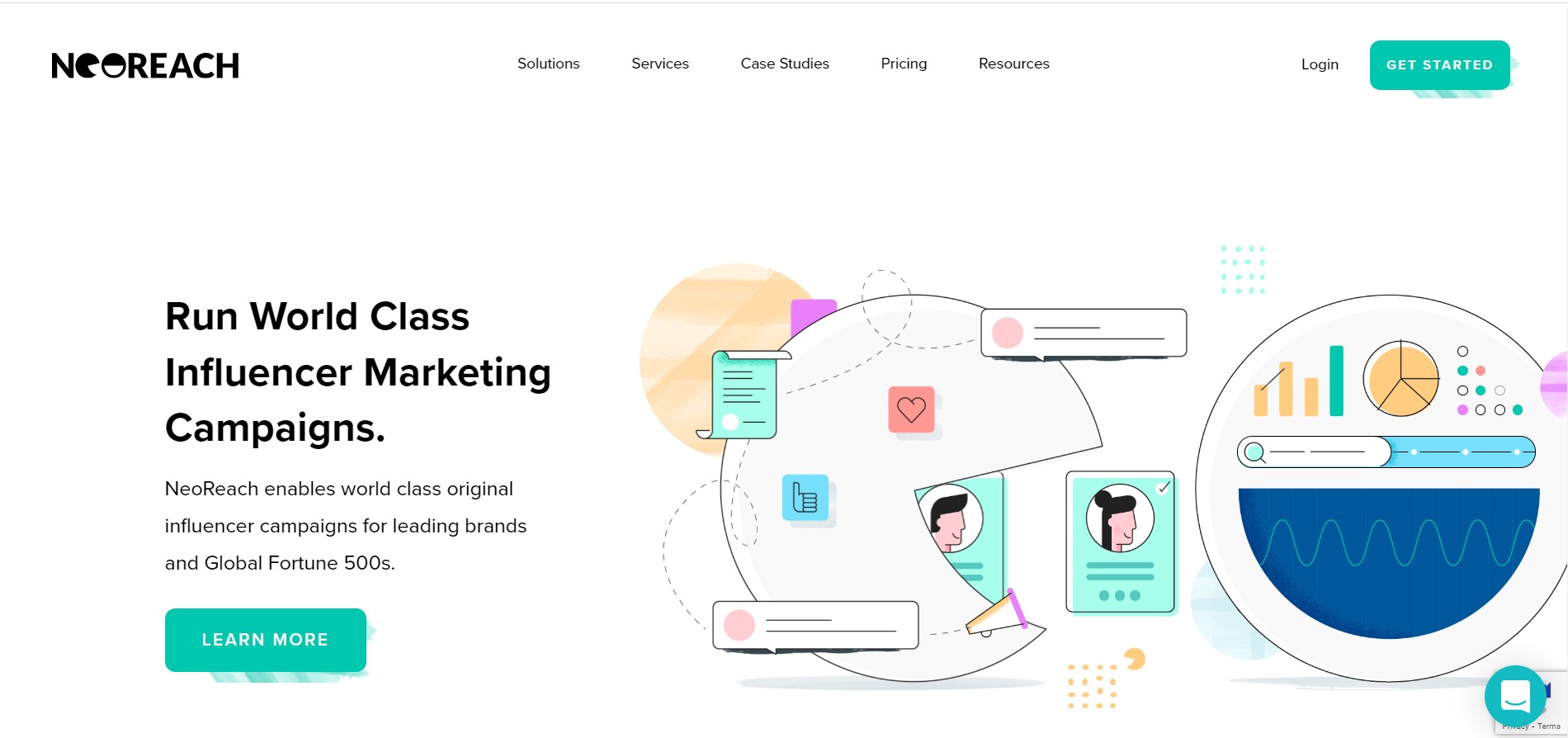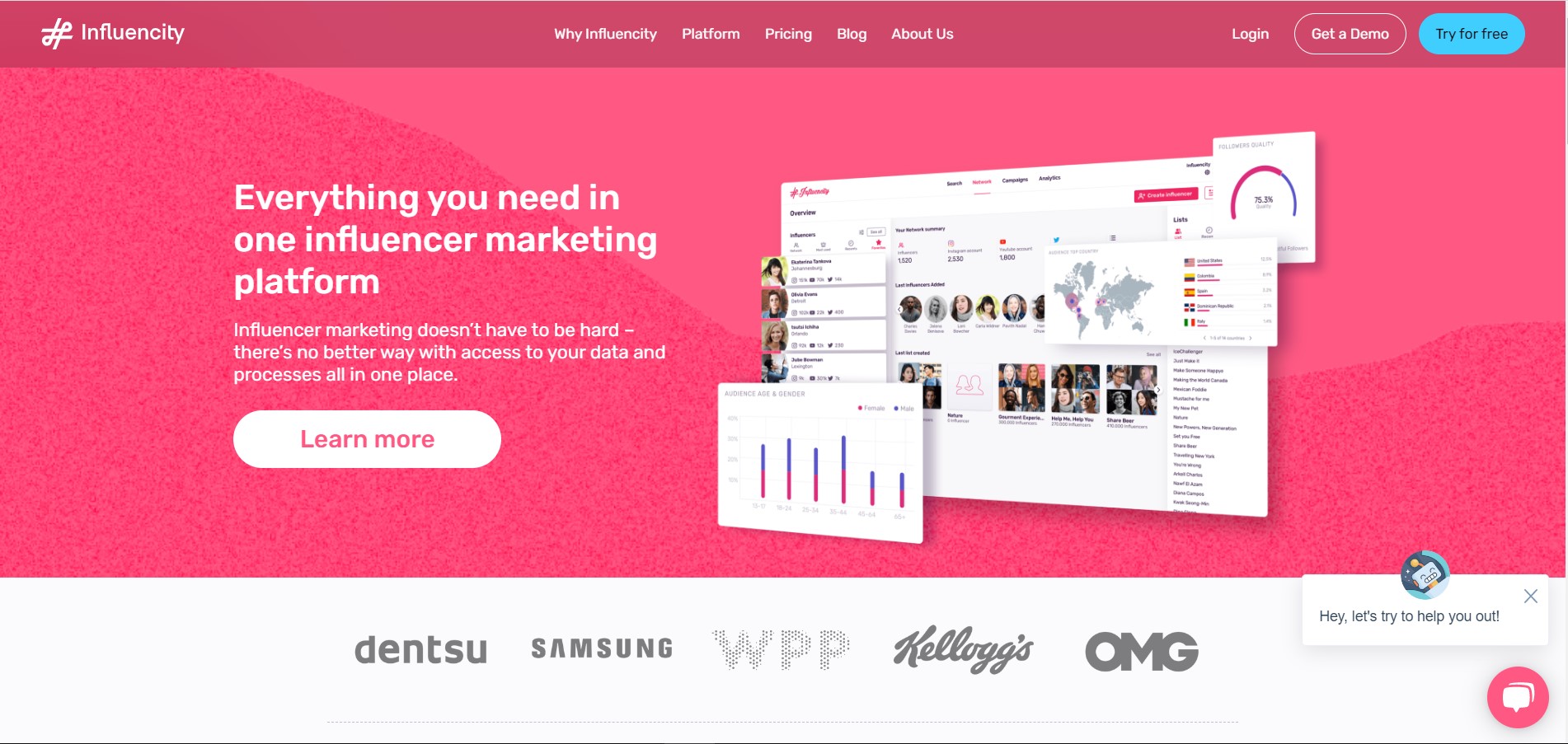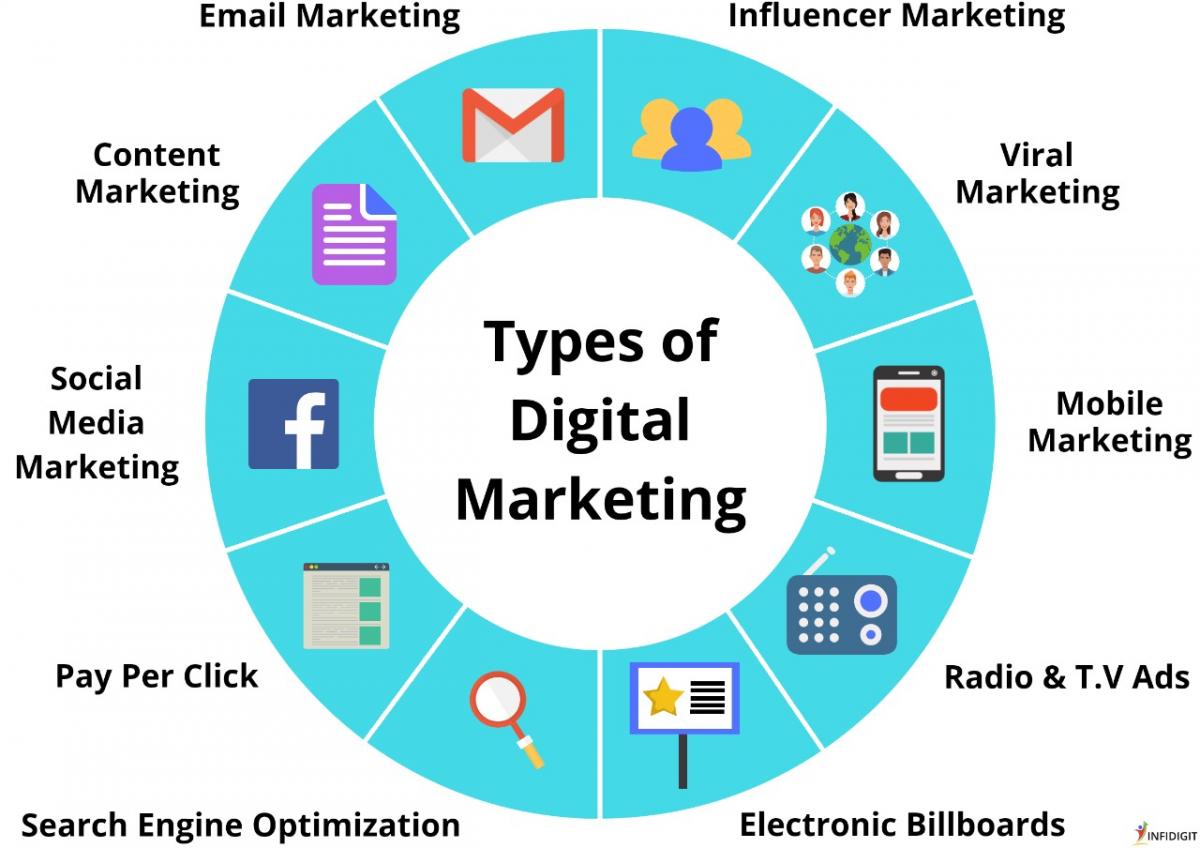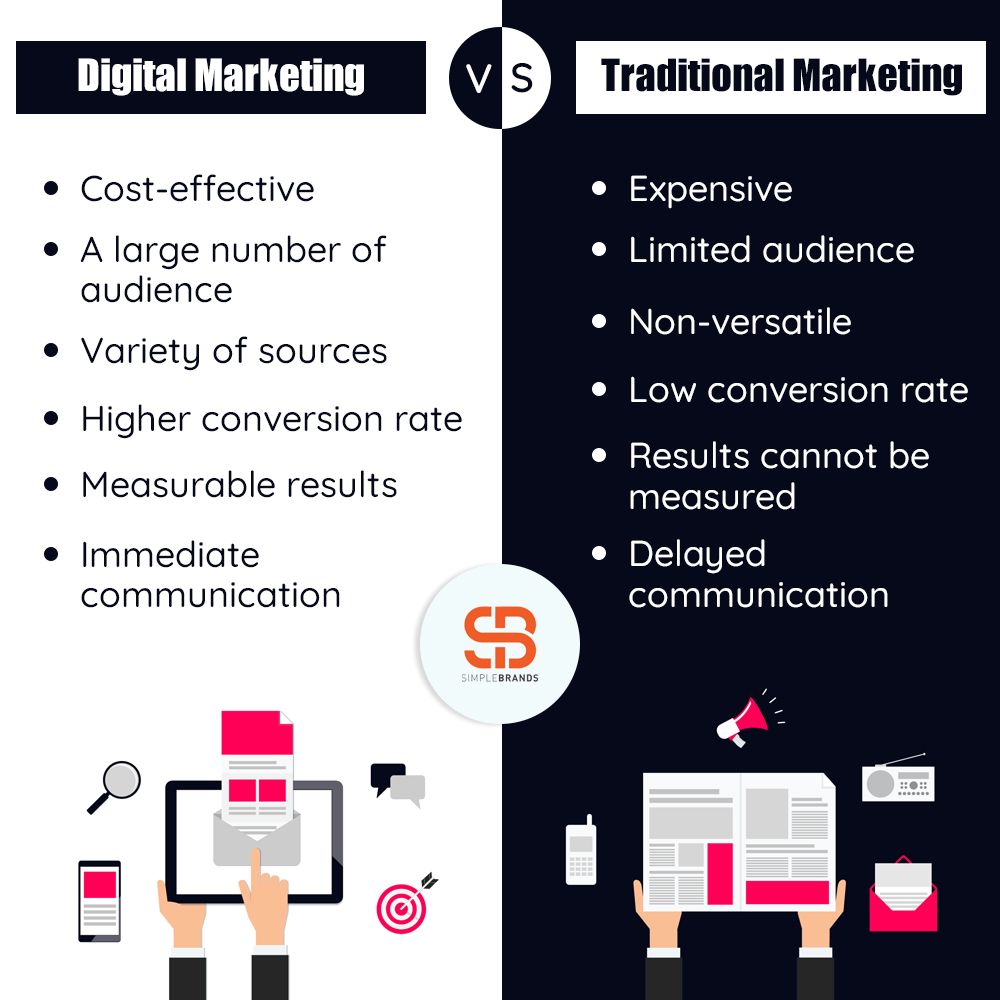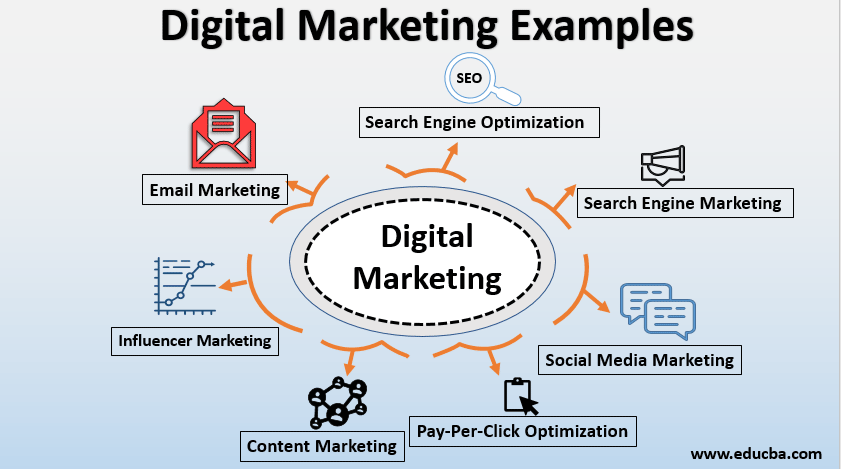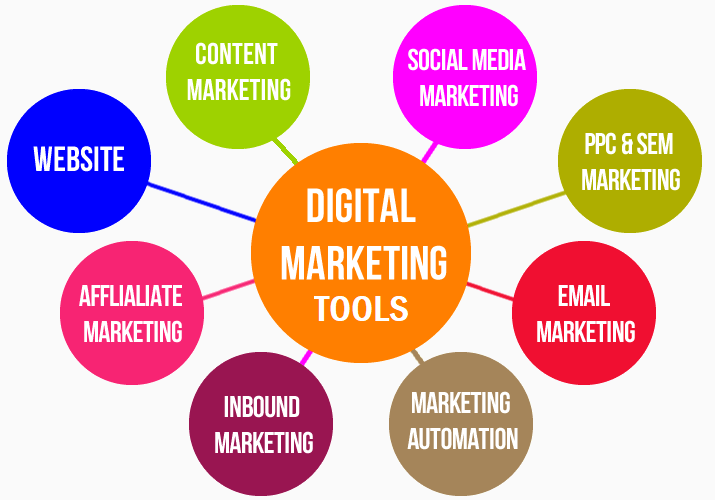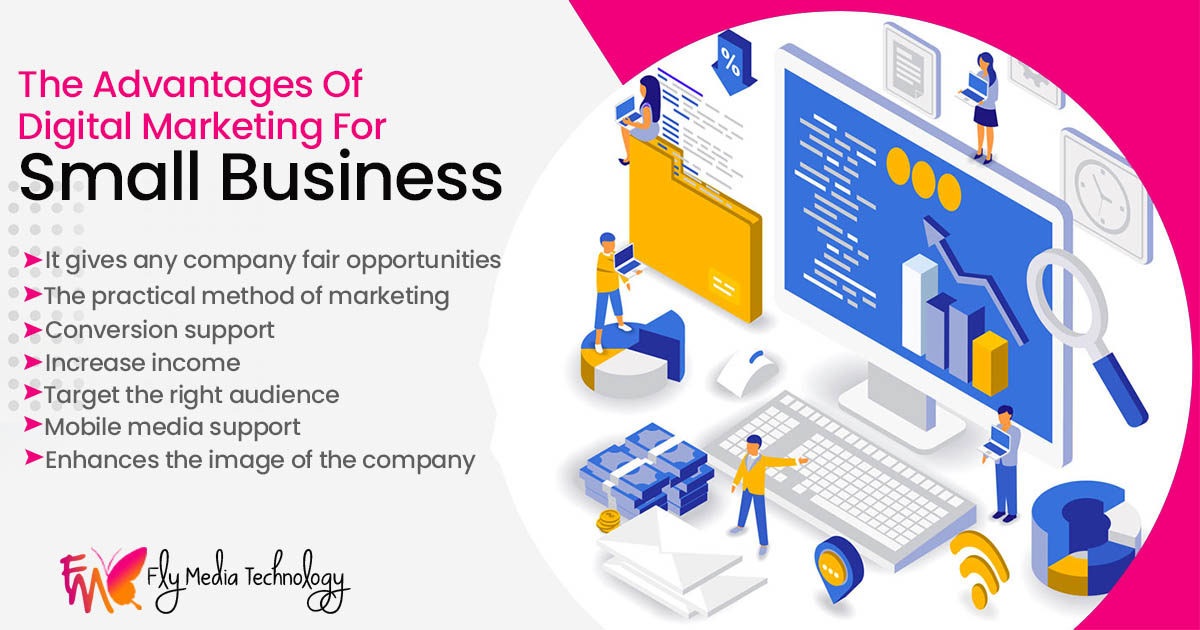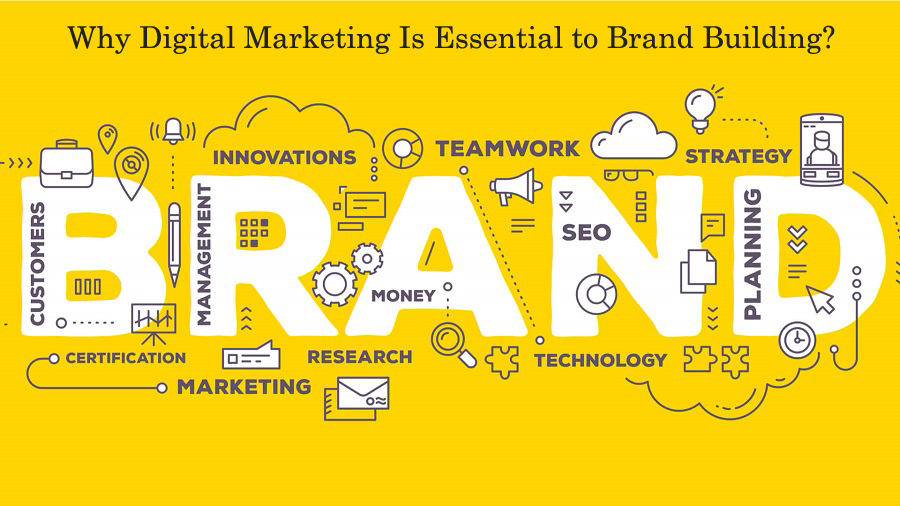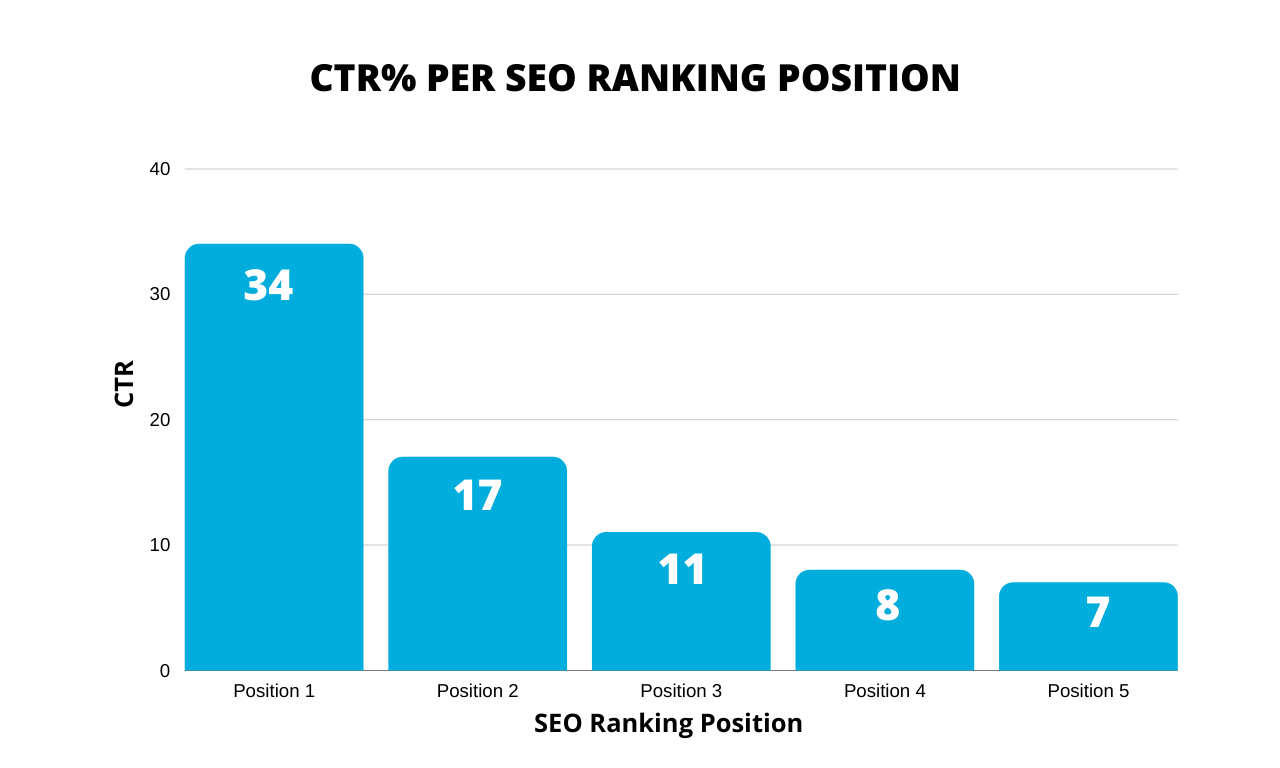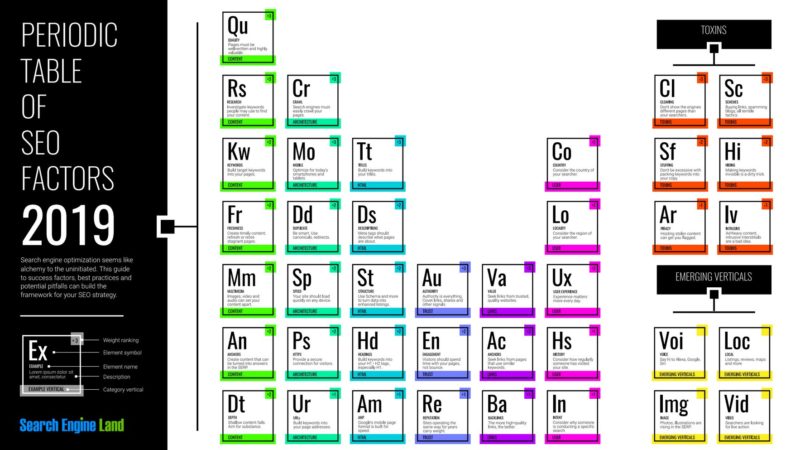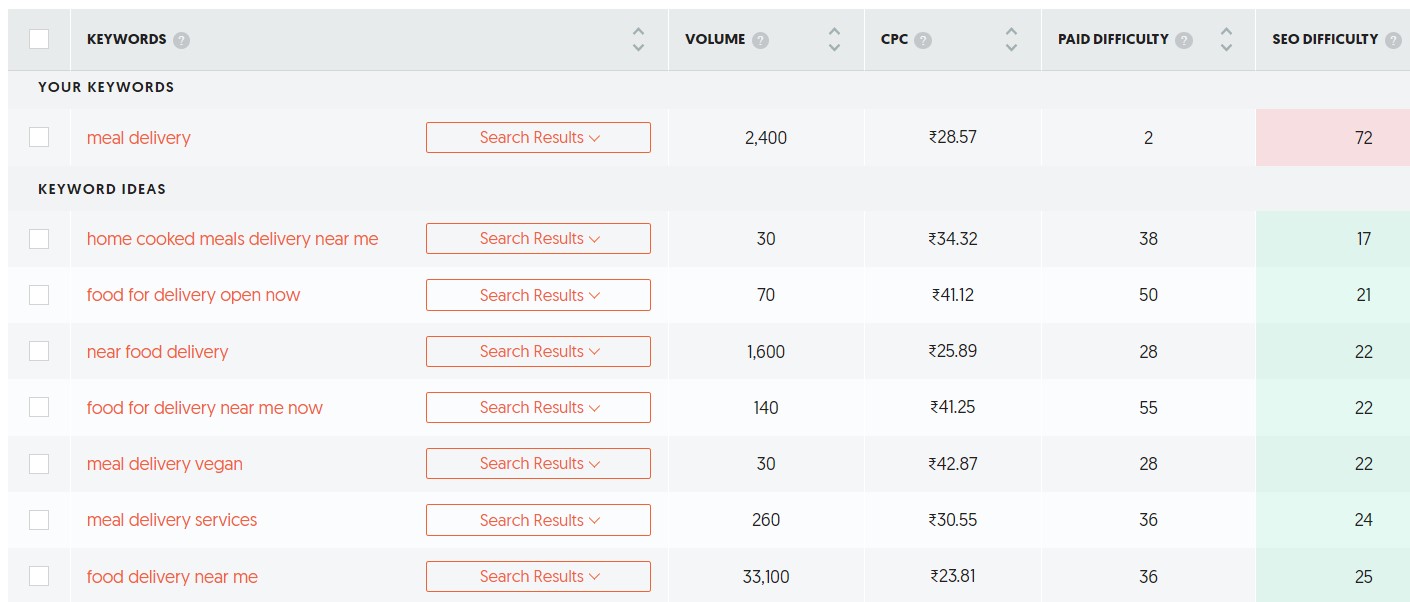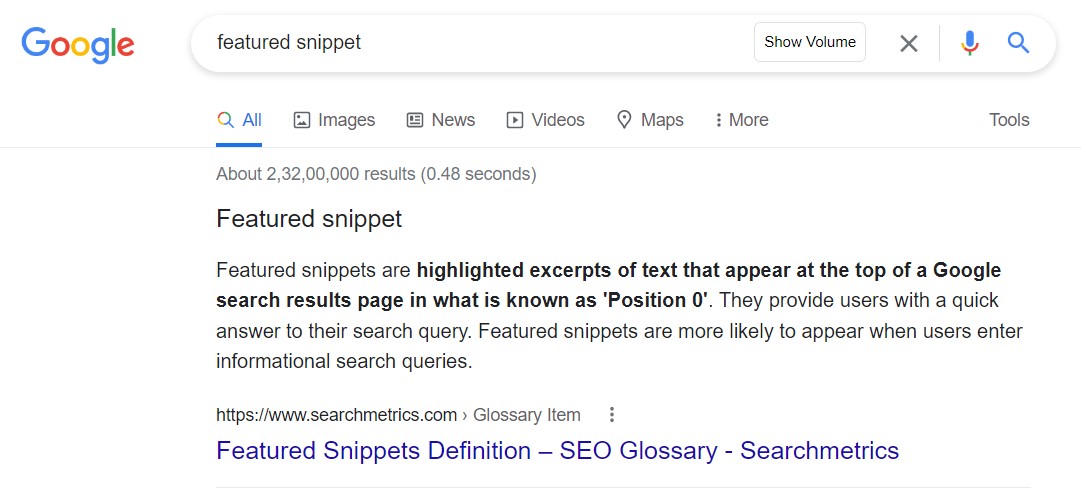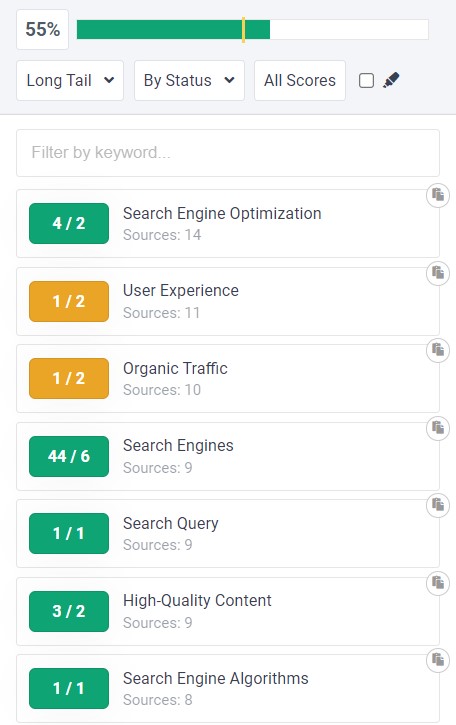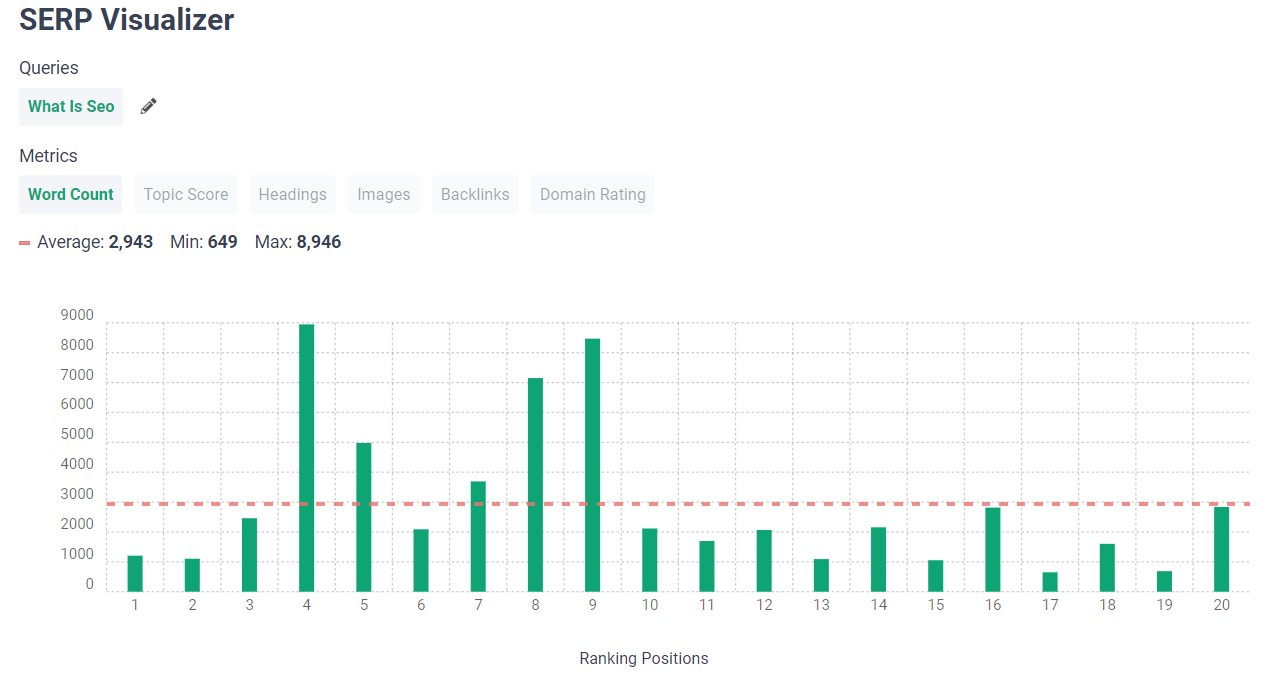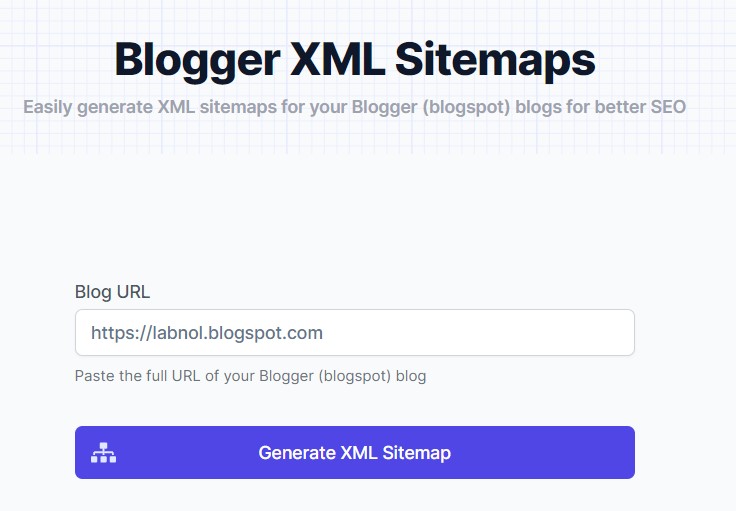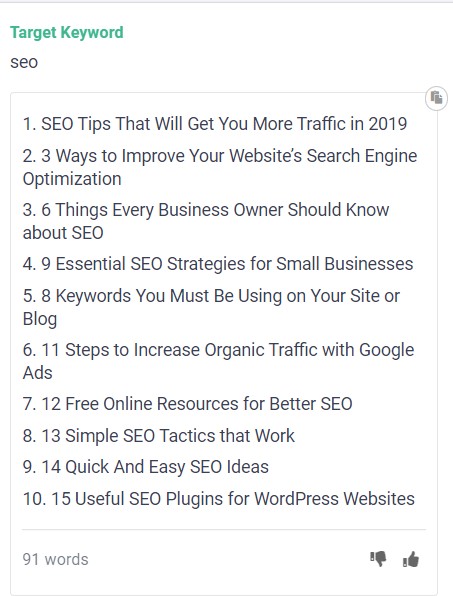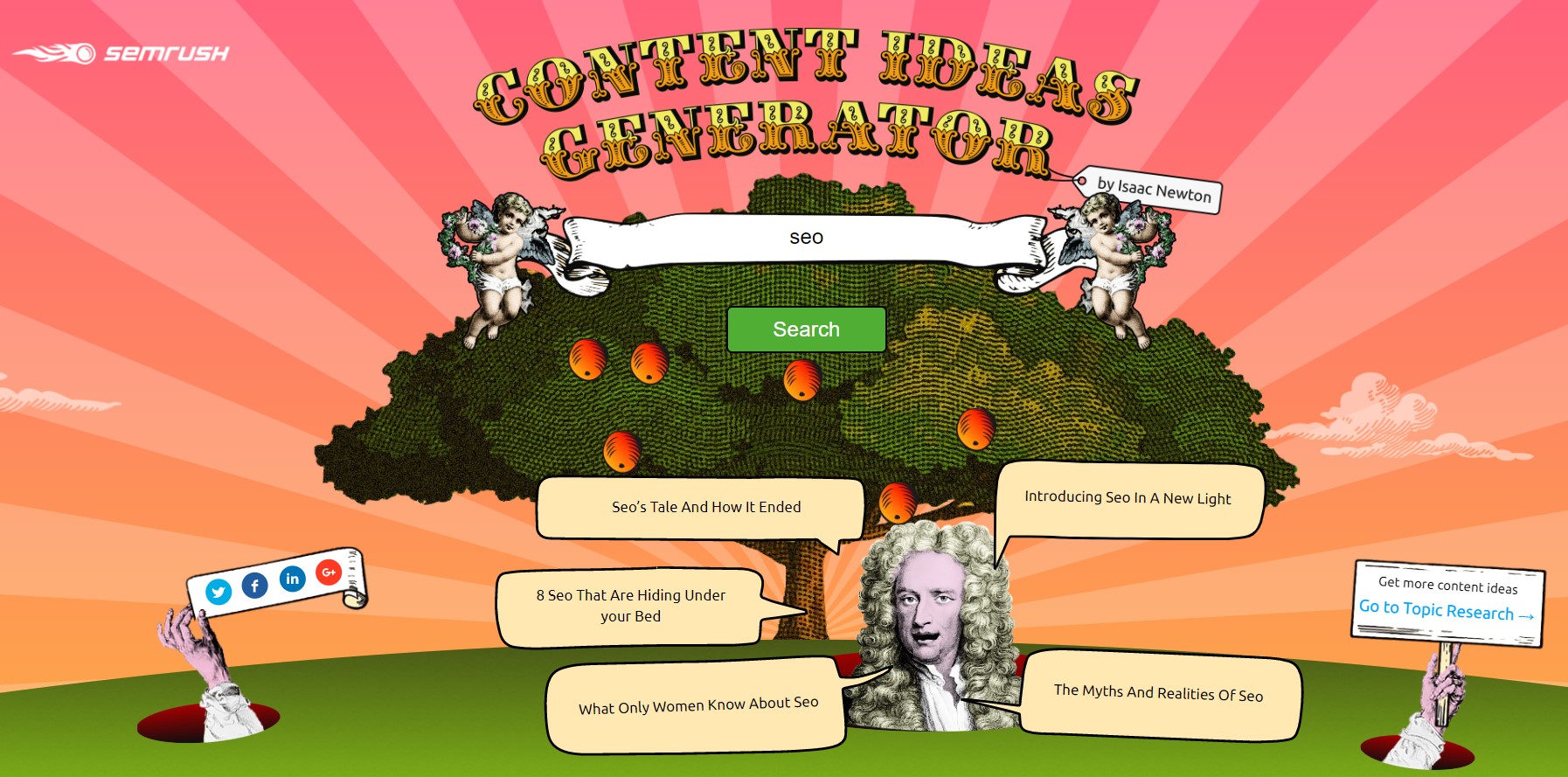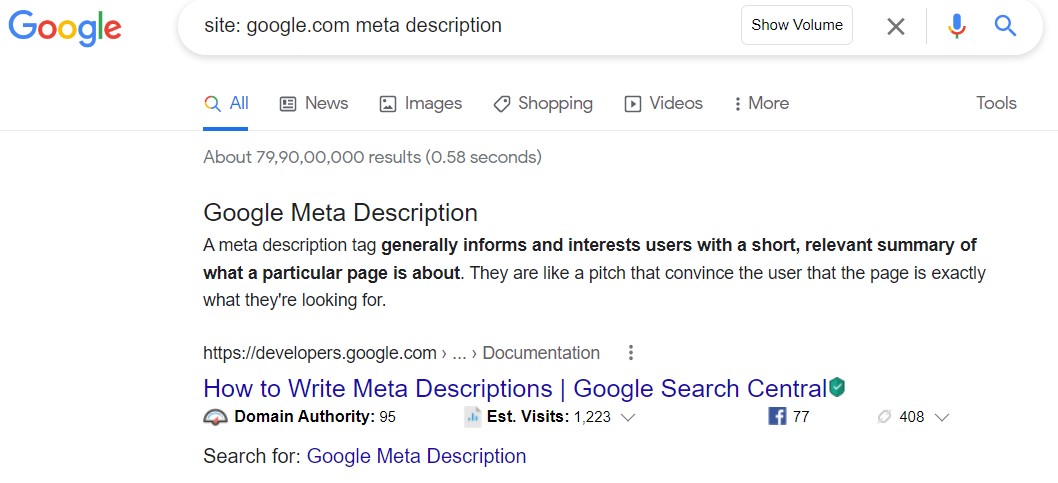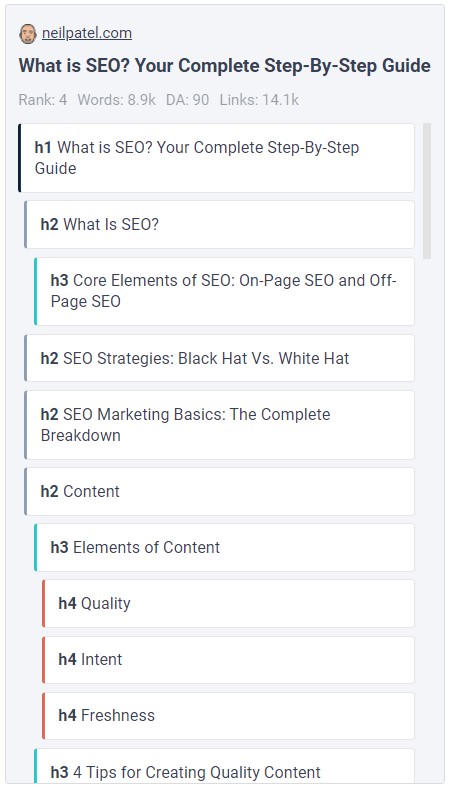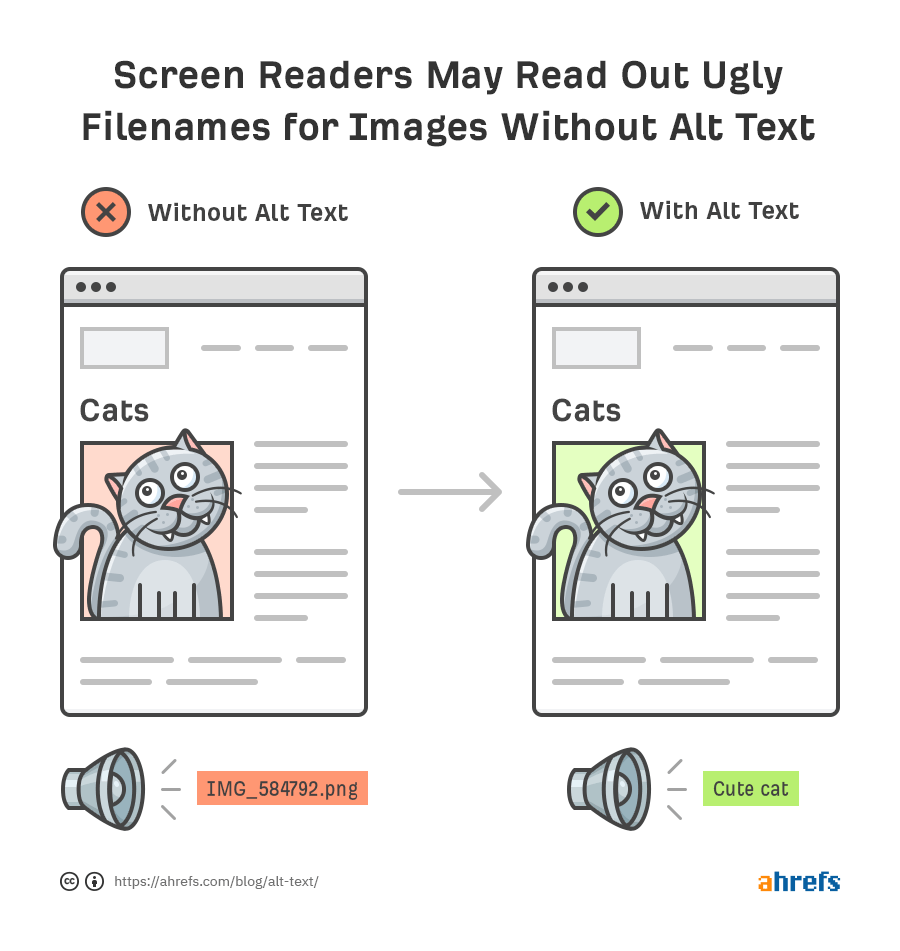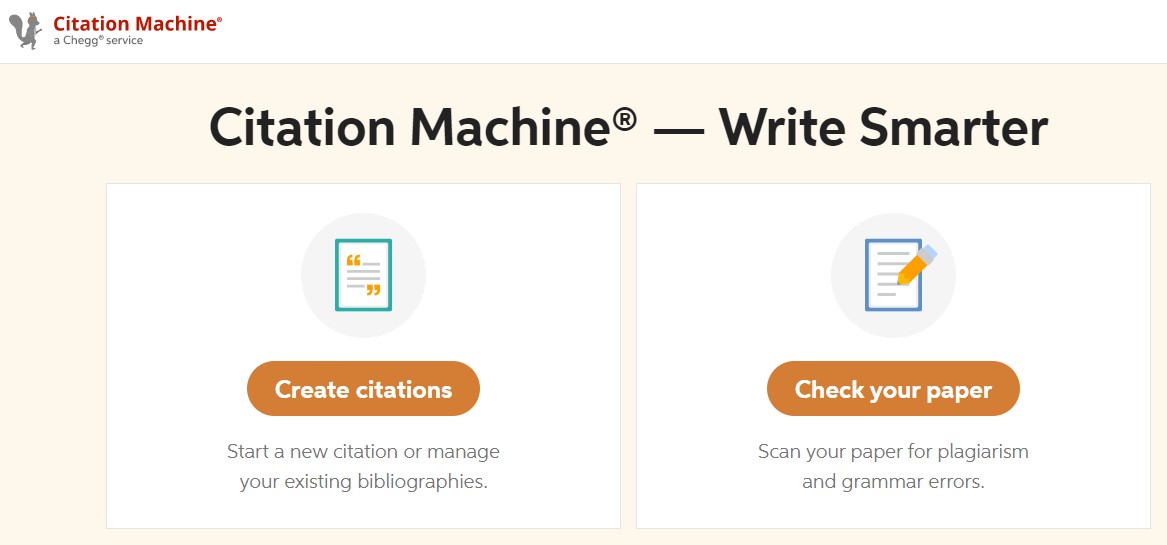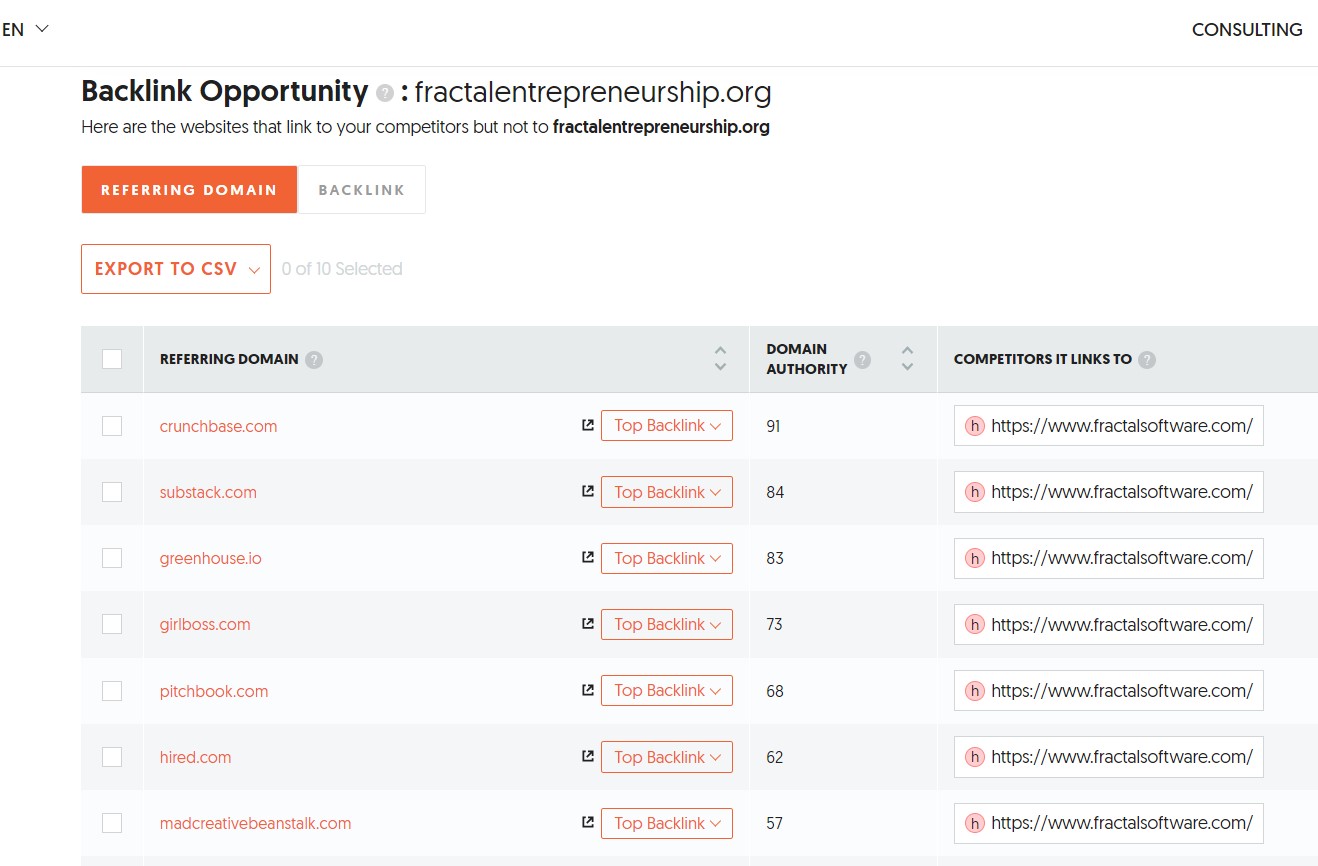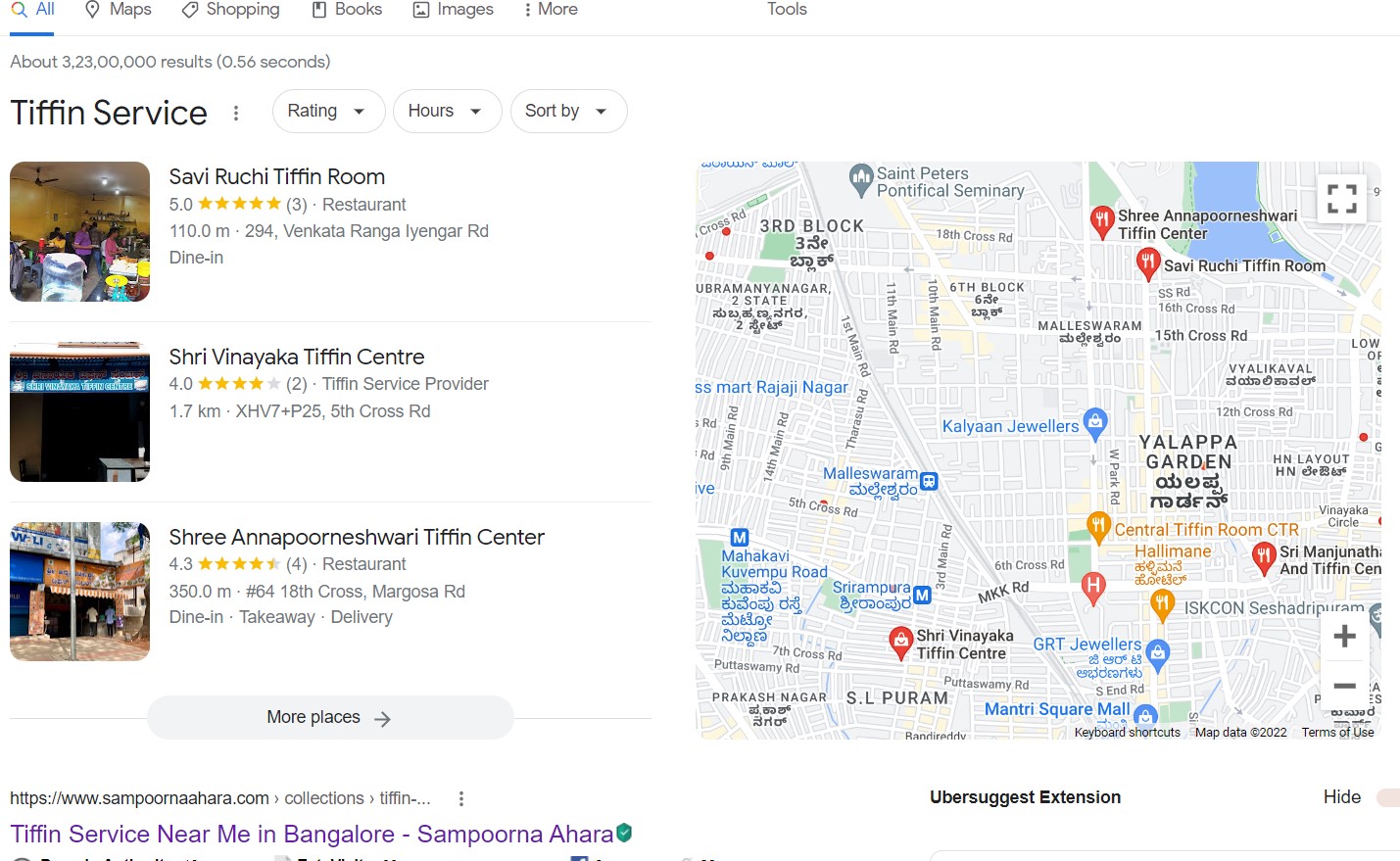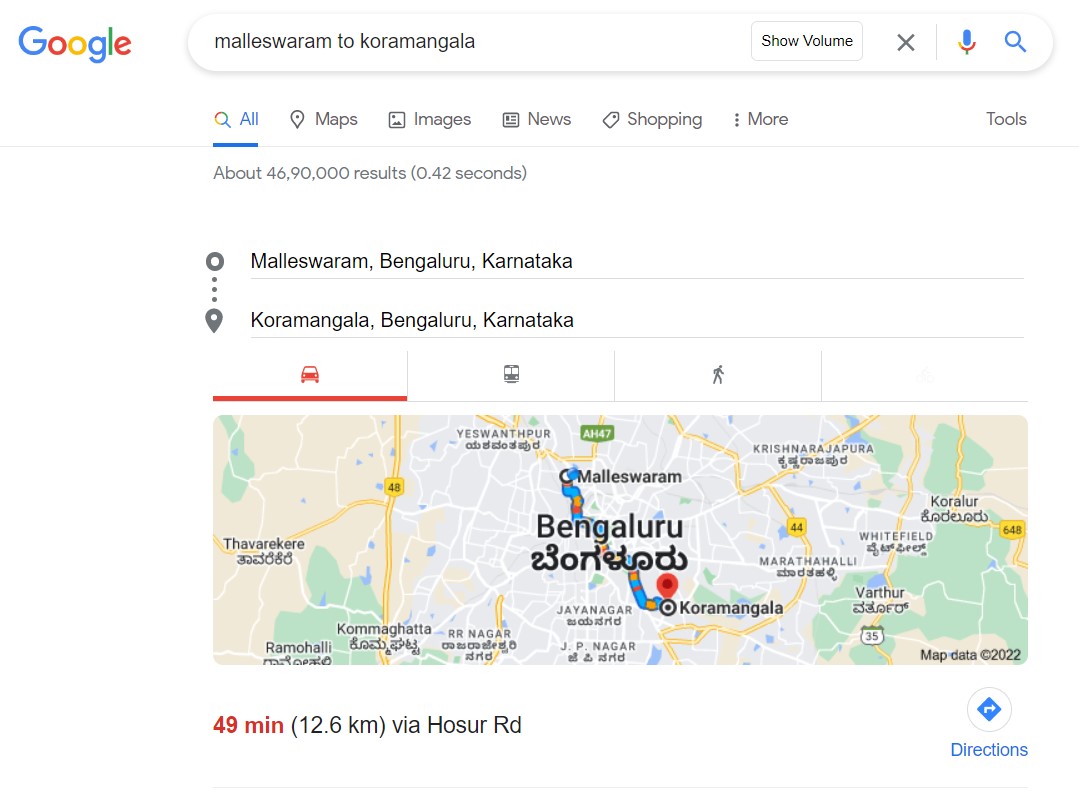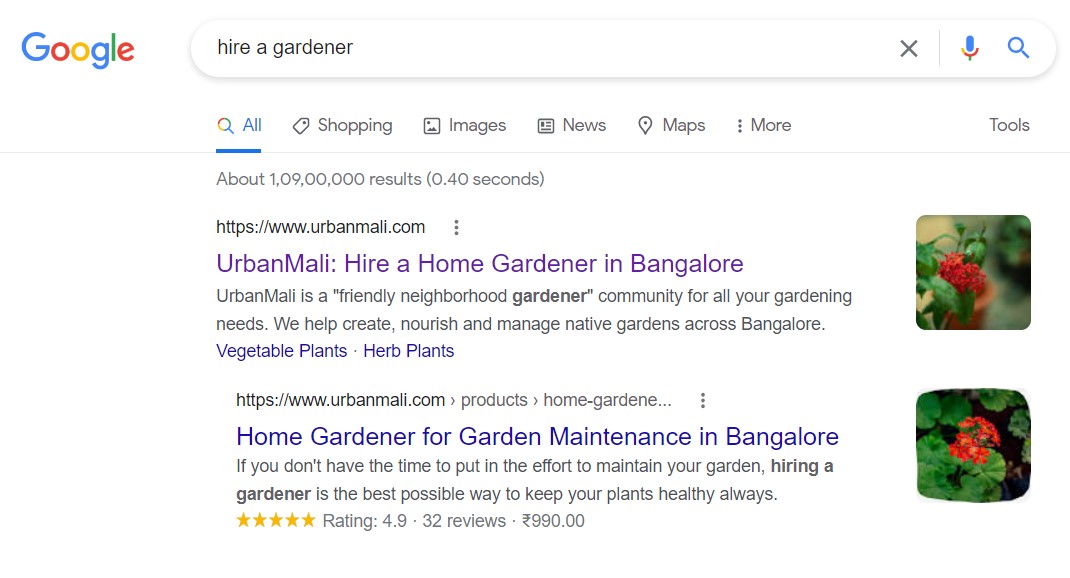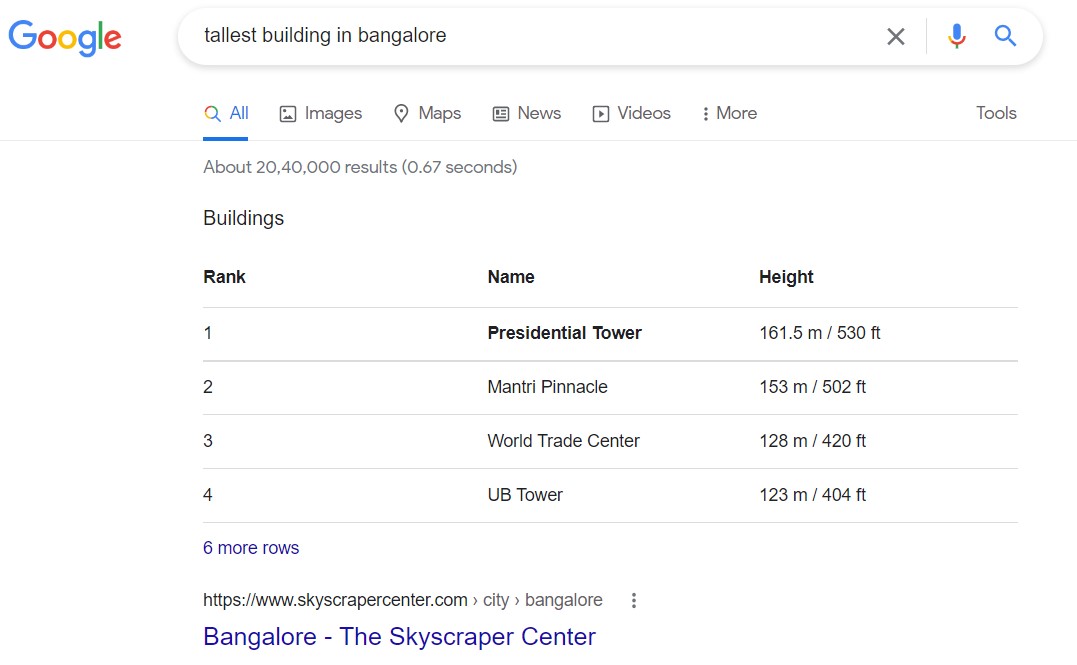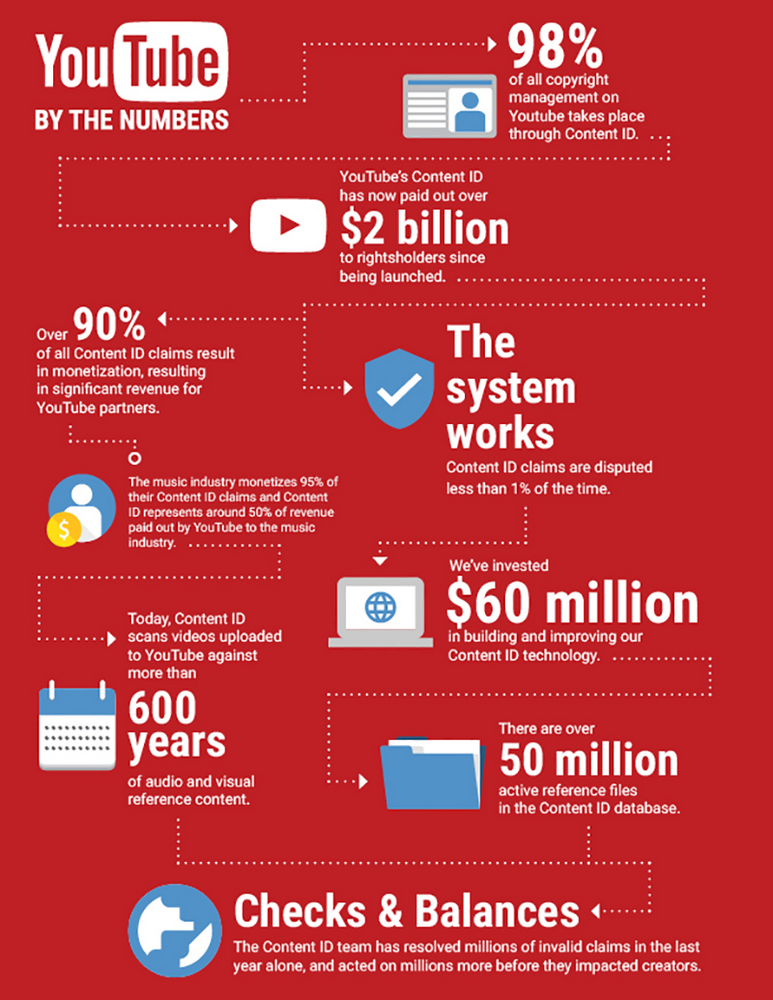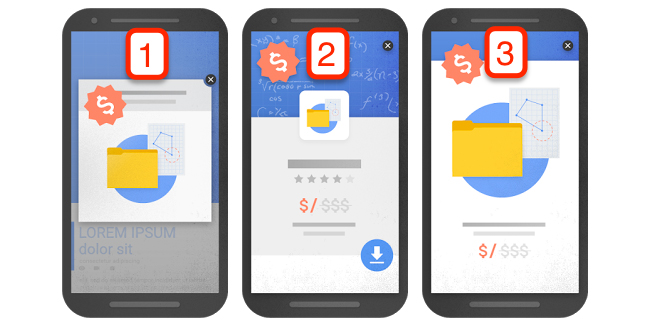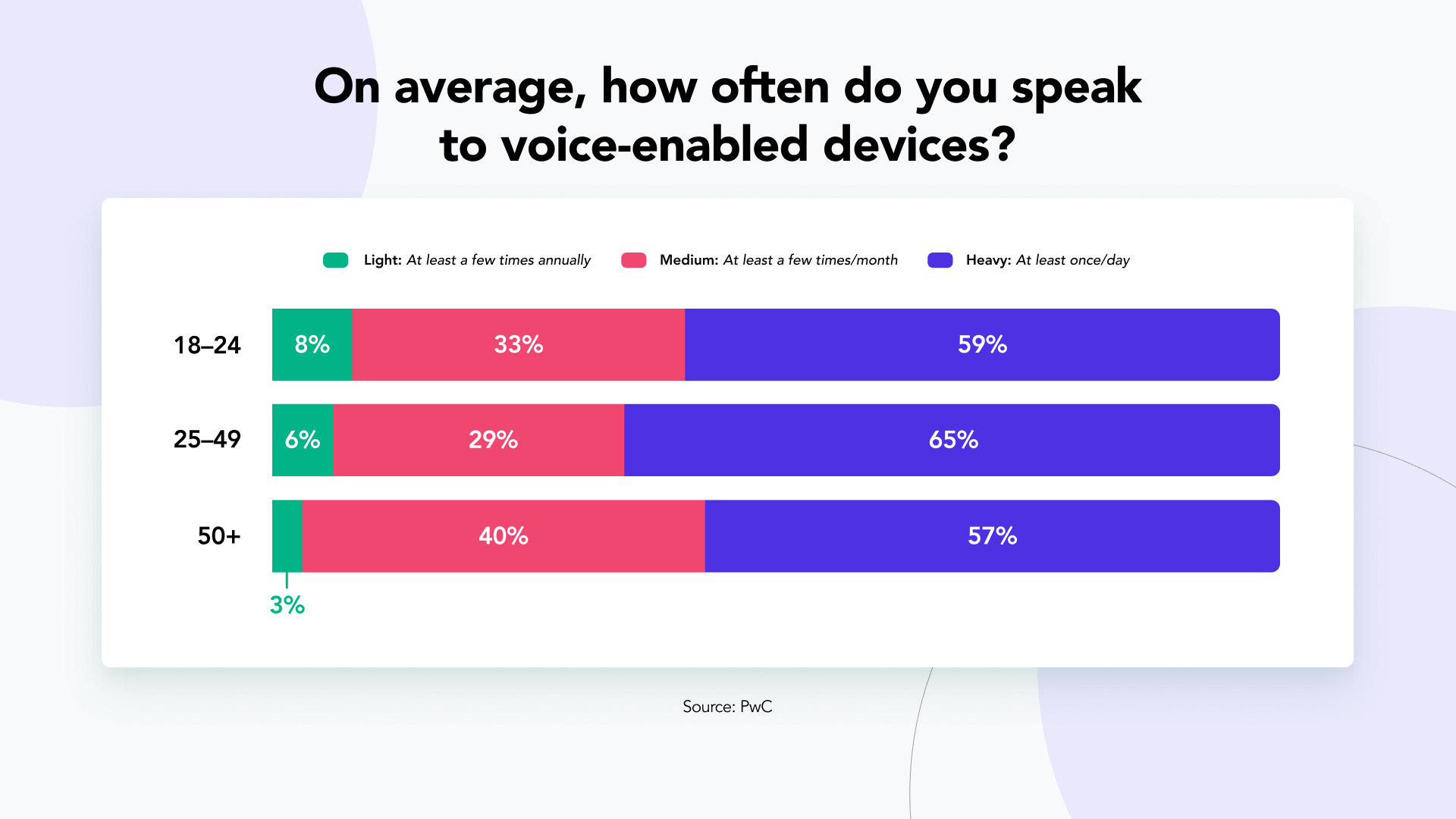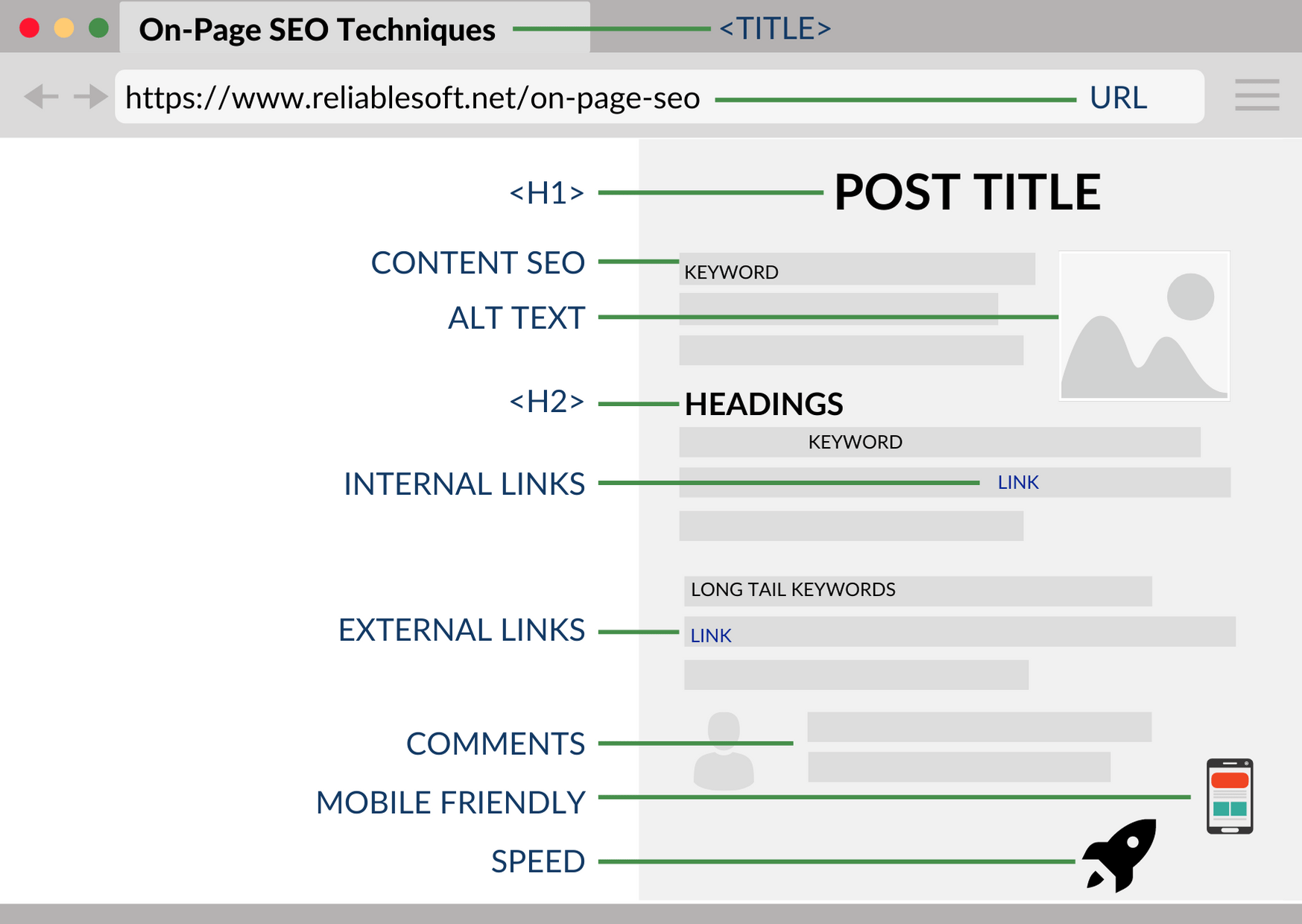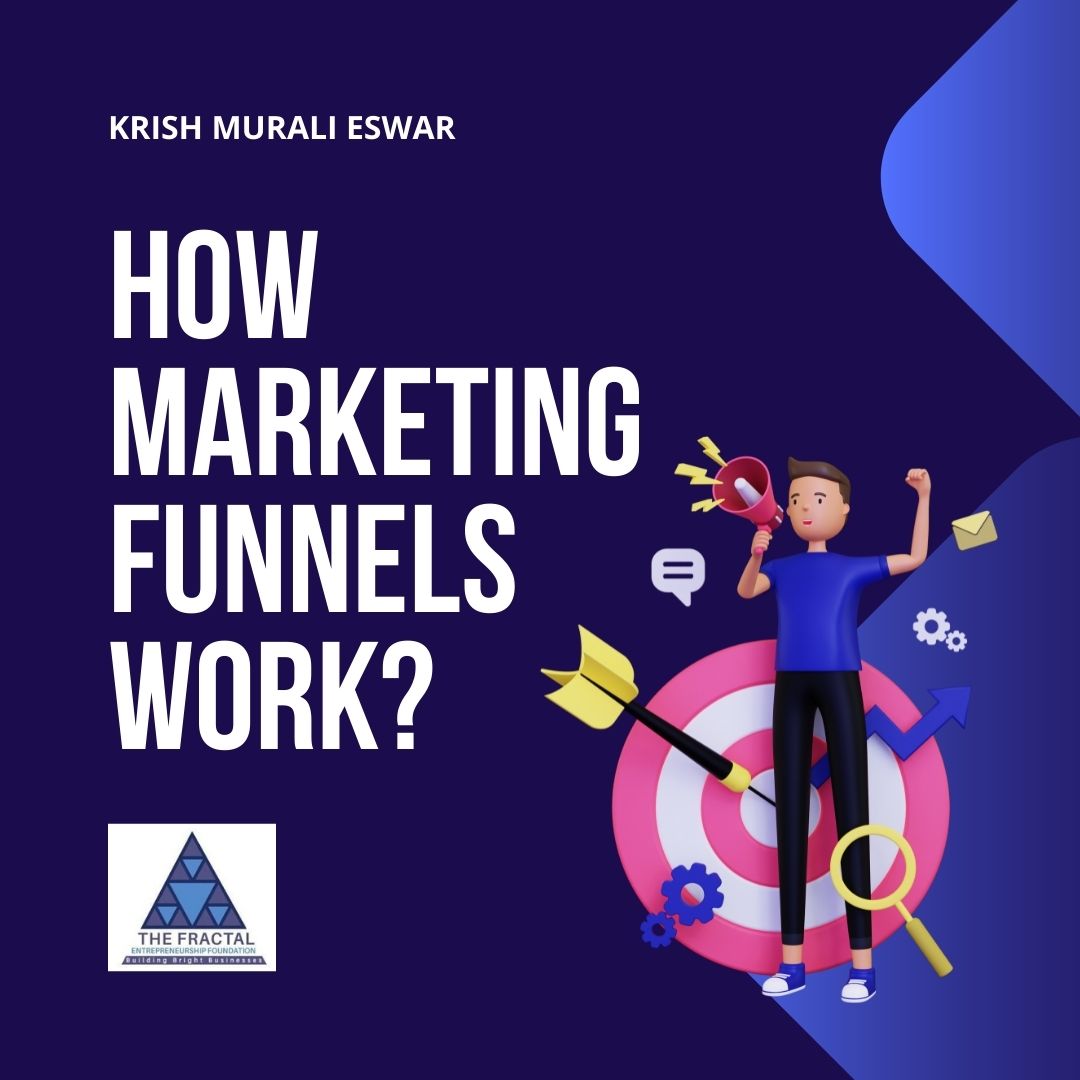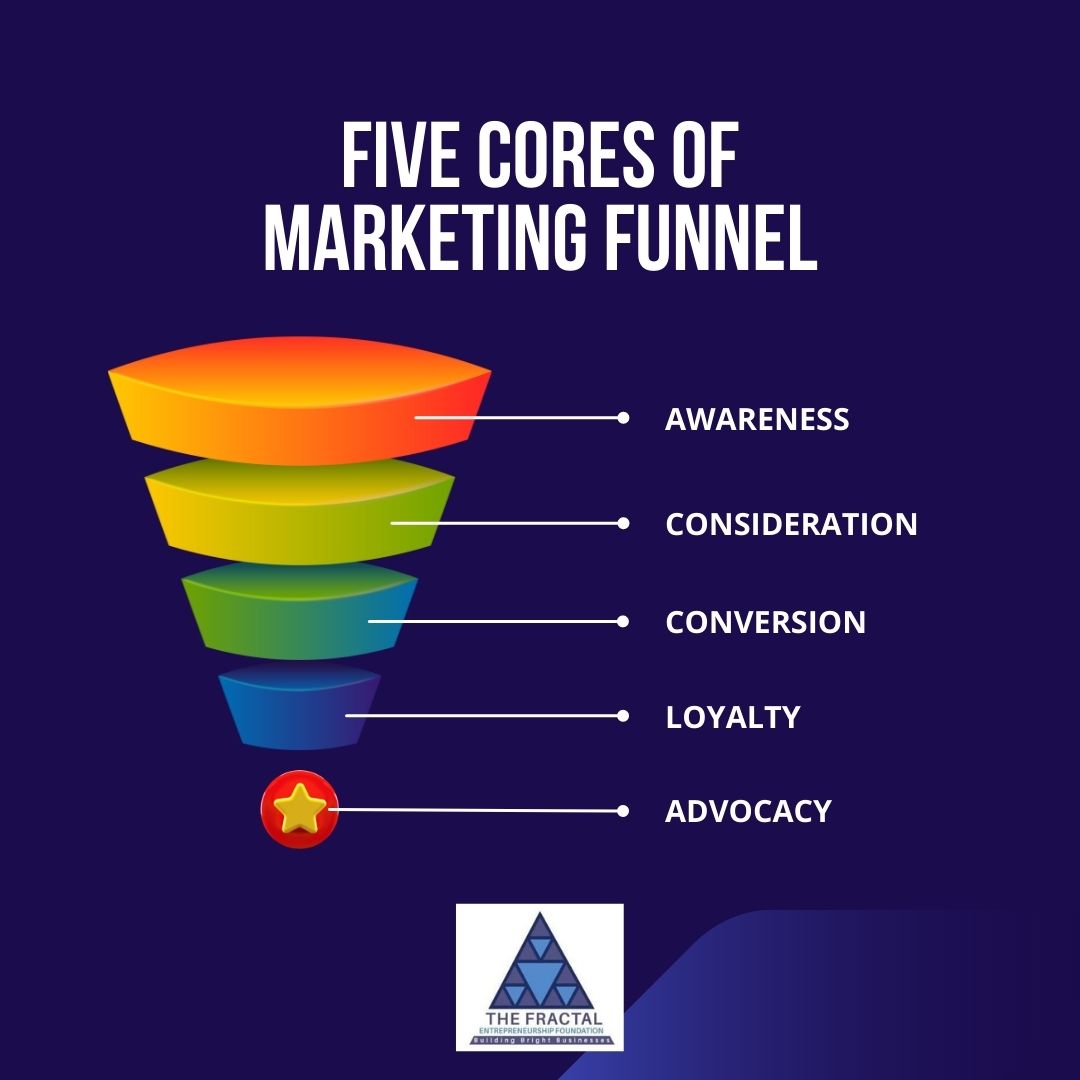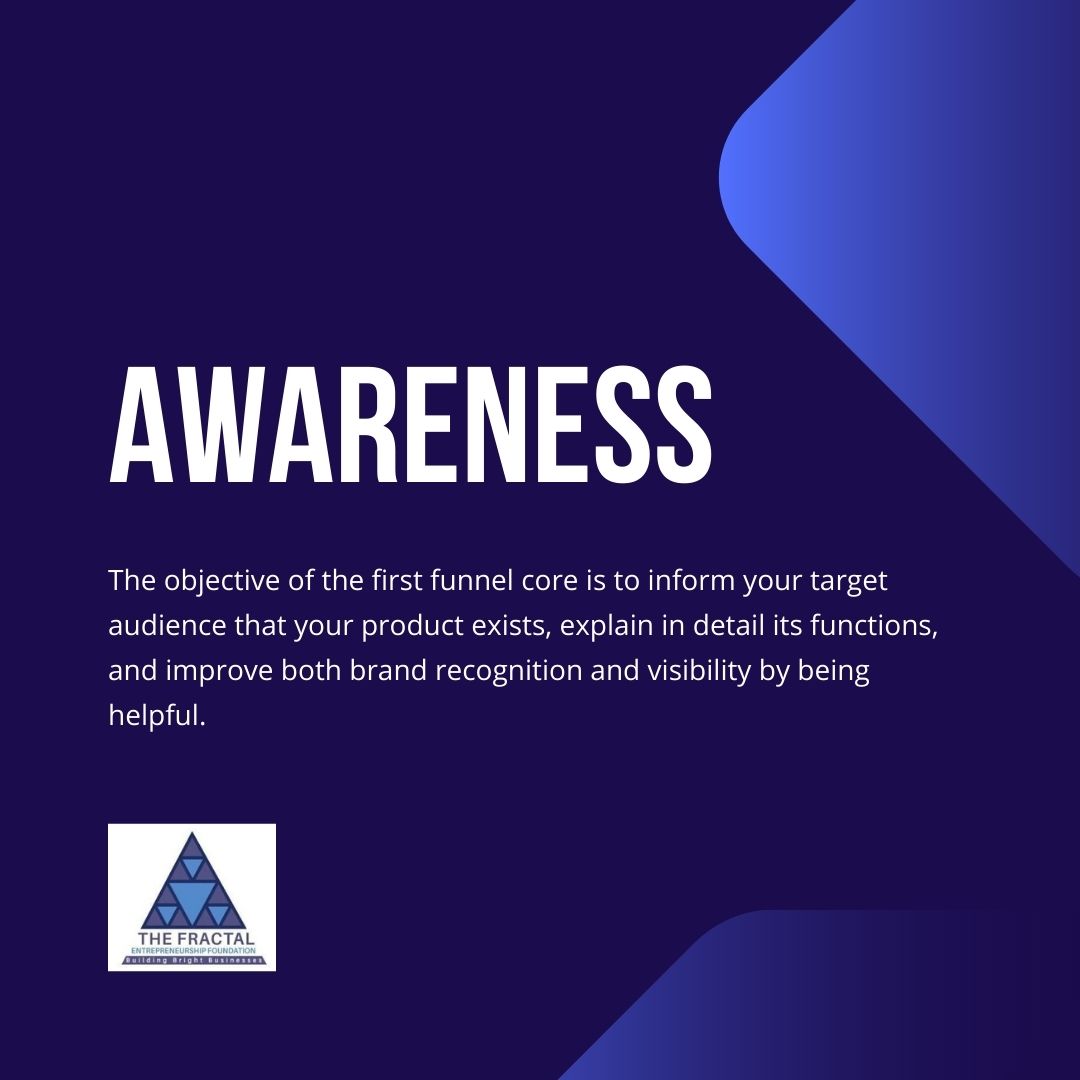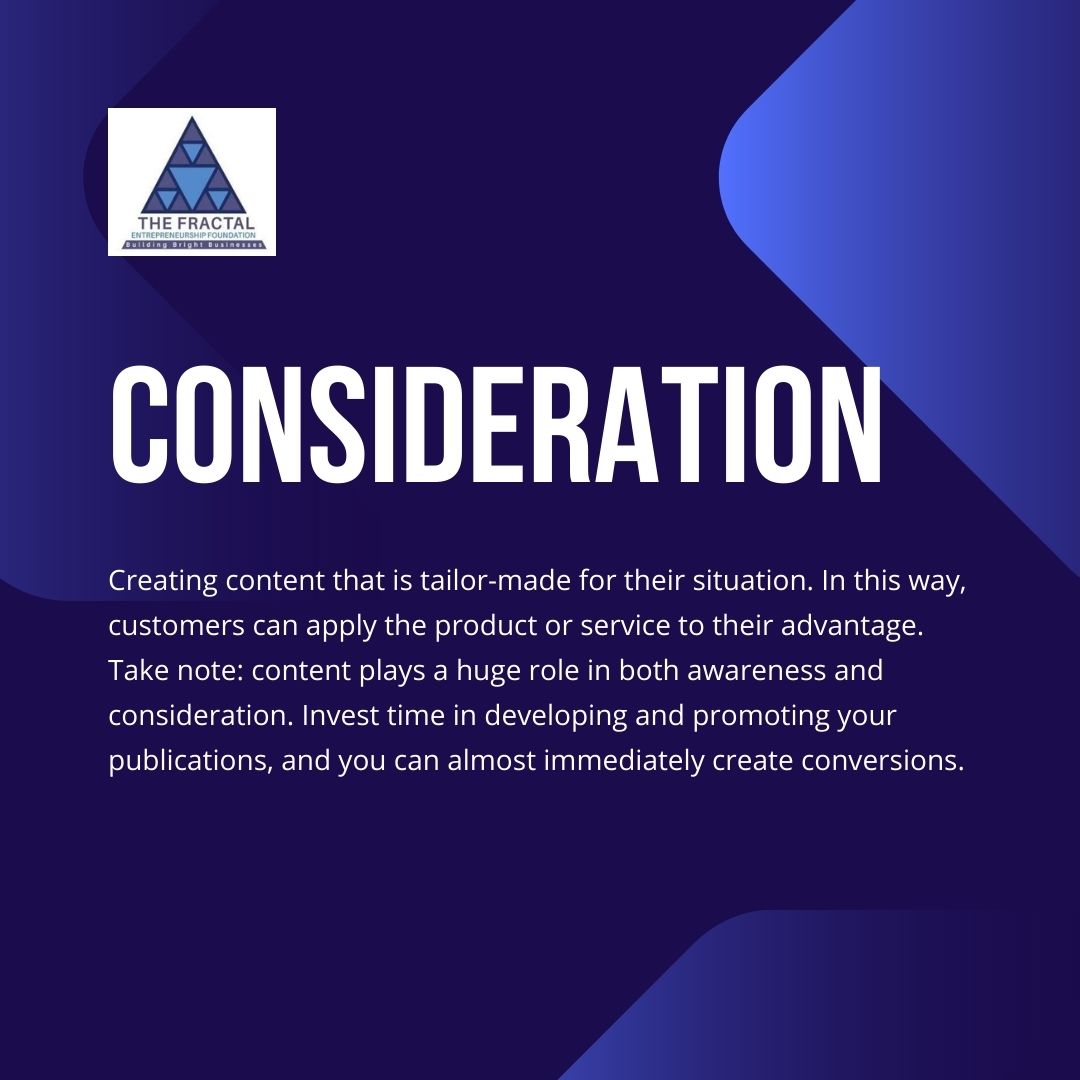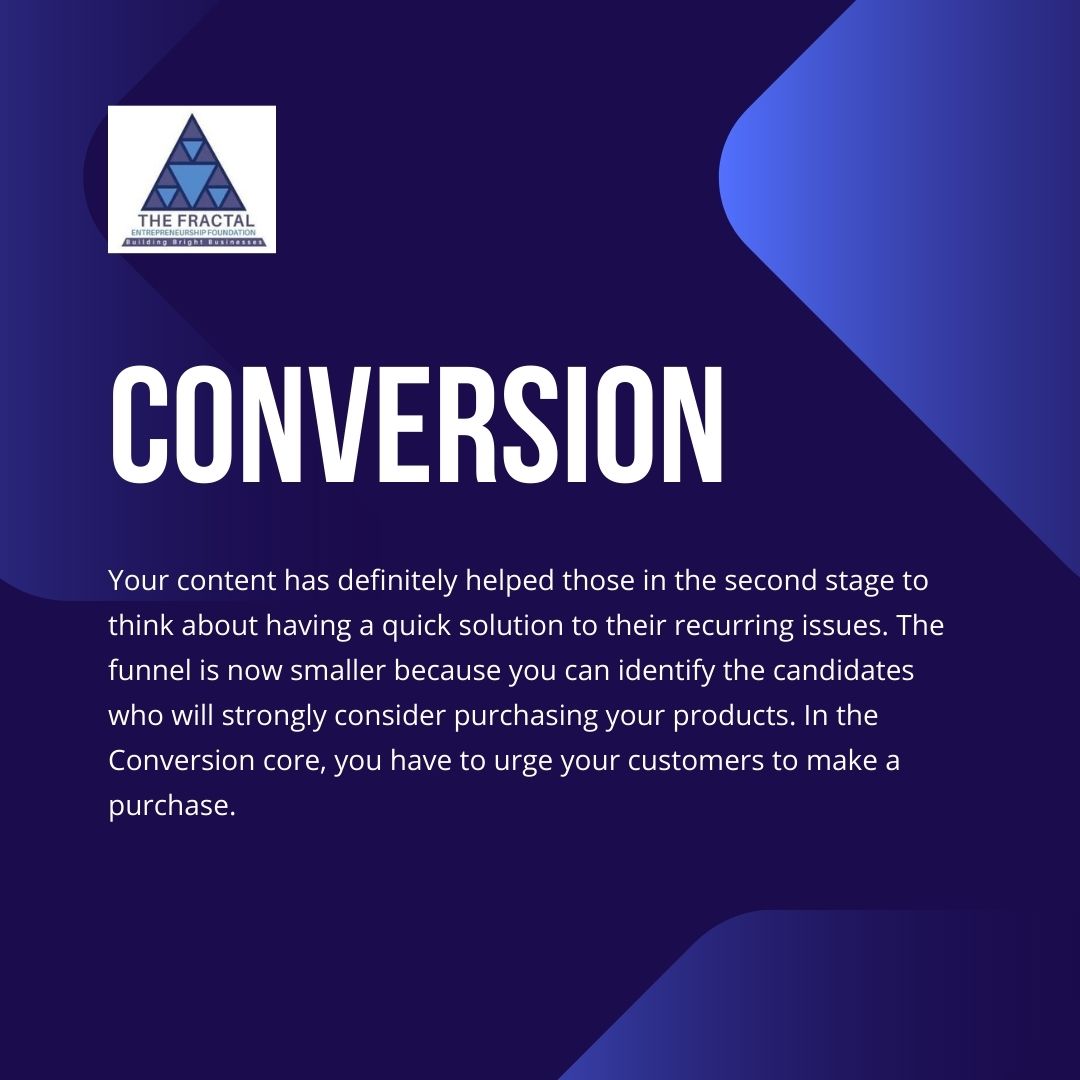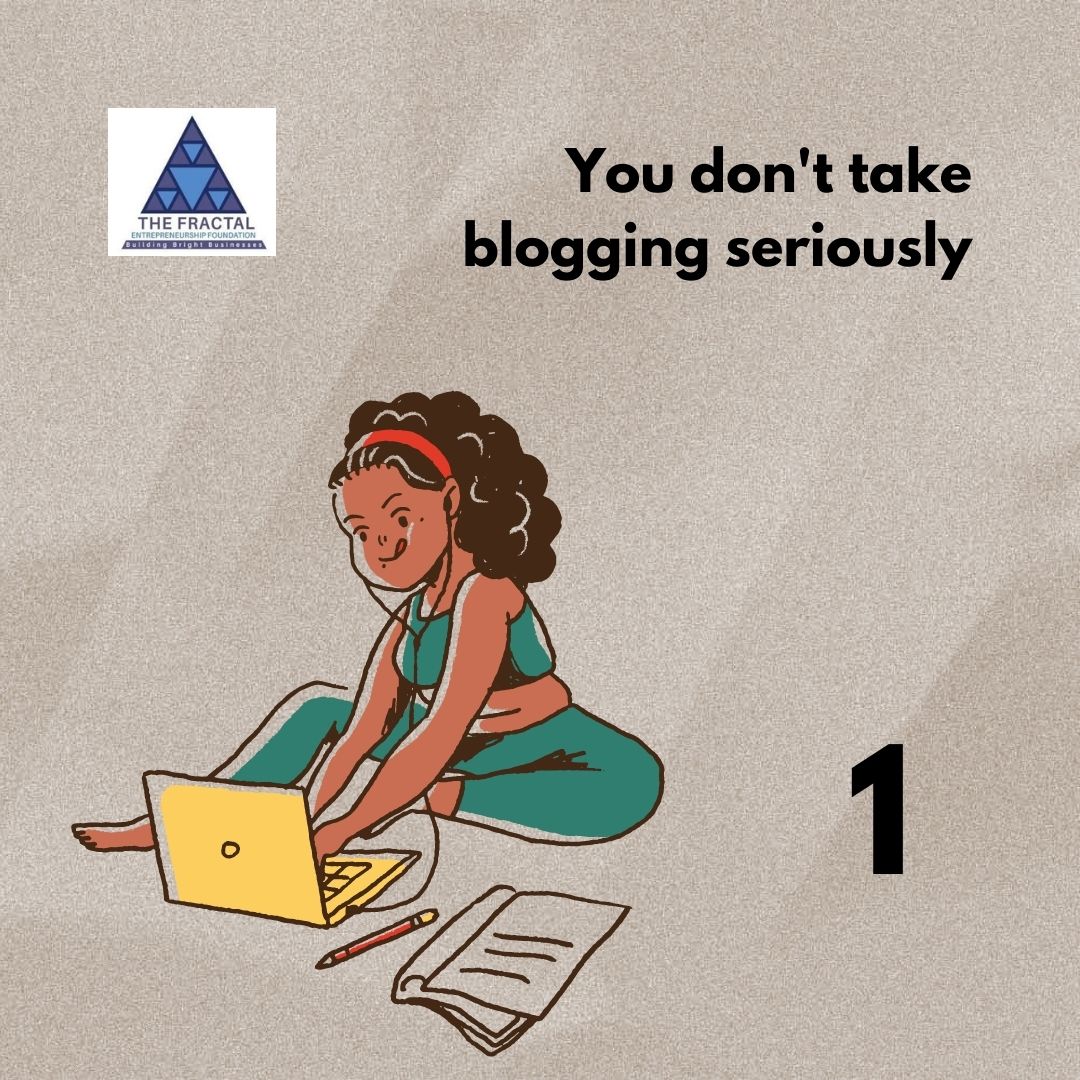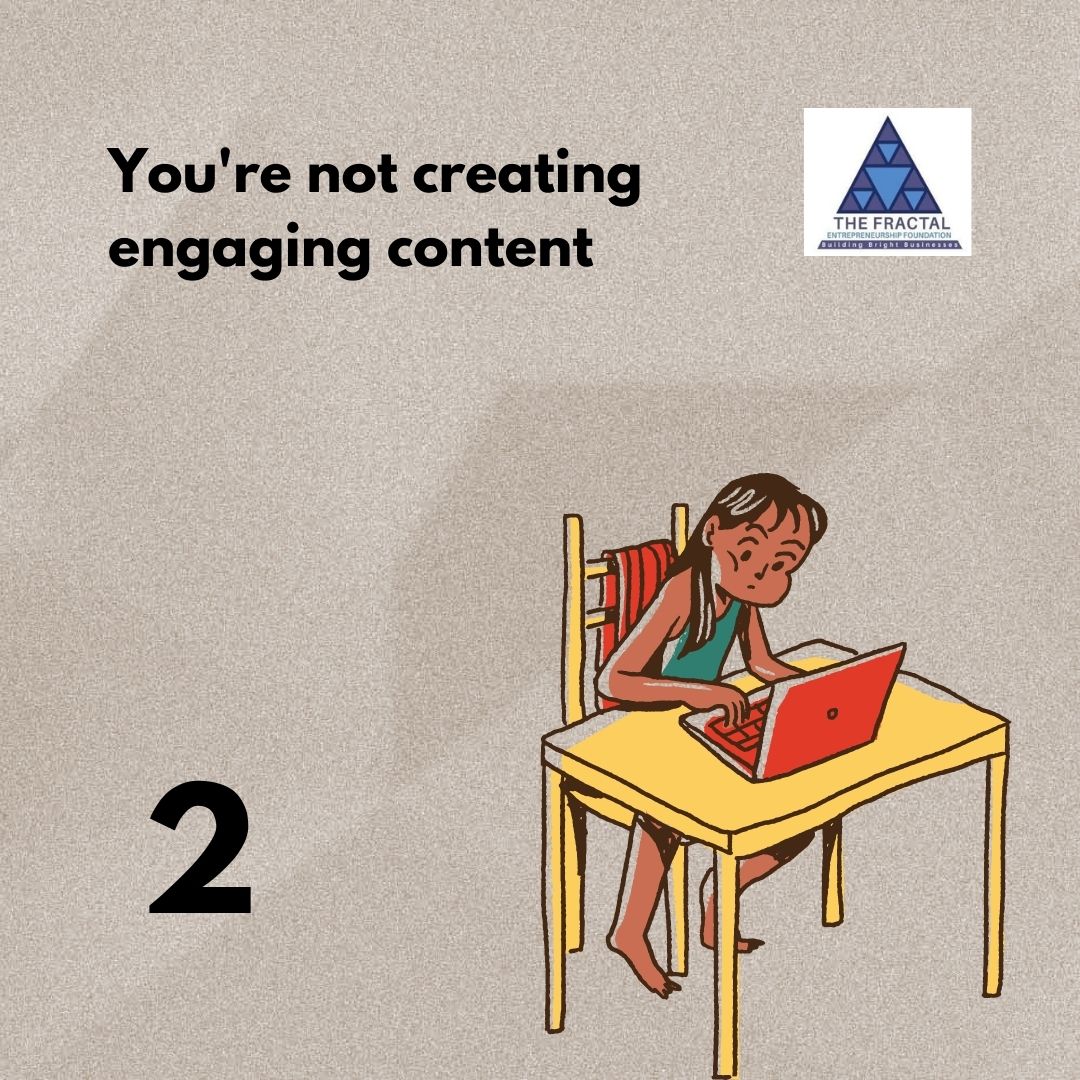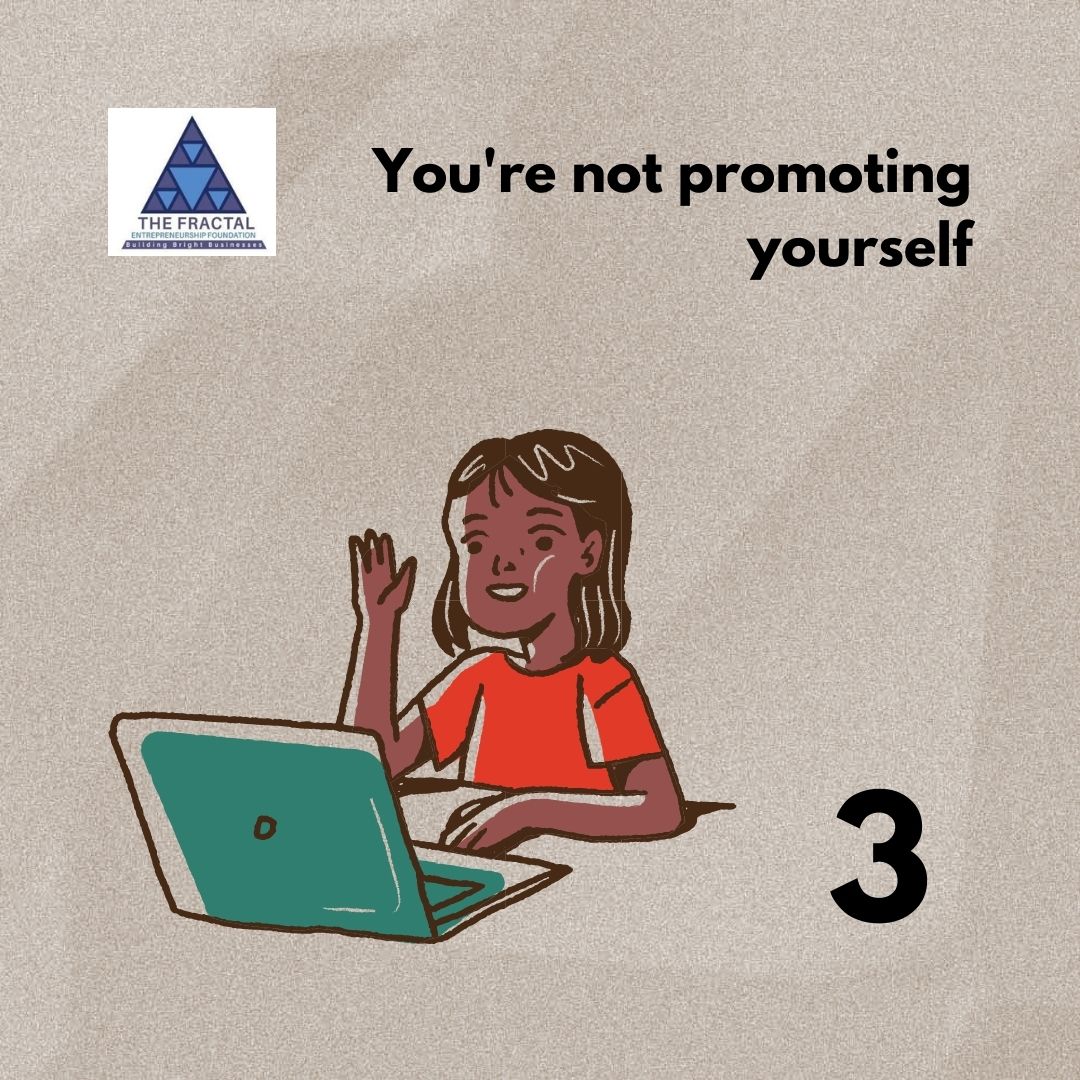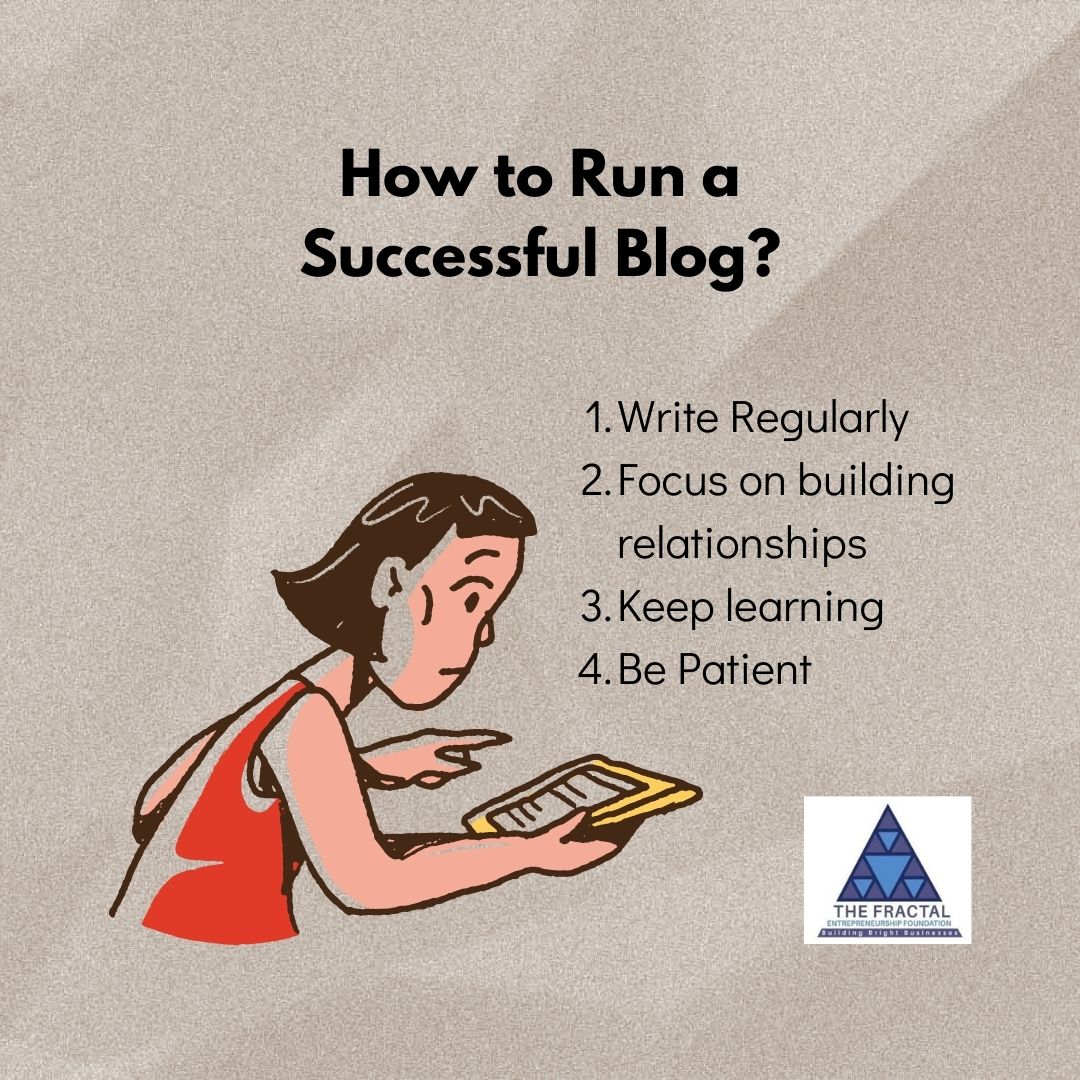Do you know how many influencers there are in your niche? Do you know who they are? Do you even care?
Influencer marketing is the new way to get attention and build relationships with potential customers. In fact, most marketers are already using influencer marketing because it works. But not everyone knows how to do it correctly.
This post will teach you everything you need to know about influencer marketing including:
• What influencer marketing is
• Who the biggest influencers are in your niche
• Why influencer marketing works
• How to find the right influencers for your product
• And much more!
What is Influencer Marketing?
Influencer marketing is a type of marketing where a brand works directly with someone it believes is influential over a particular audience to promote its product or service. This person could be an athlete, blogger, social media personality, journalist, or even just a random YouTuber. Brands pay influencers to use their influence over people within their target audience to help spread word about a product or service.
In exchange for promoting a brand, influencers receive free stuff like clothing, shoes, electronics, travel, and food. They often also gain access to exclusive events where they can meet customers, fans, and potential future partners.
How Does Influencer Marketing Work?
Influencer marketing is one of the most promising ways to reach customers, especially millennials. In fact, according to Forbes, it’s now the second largest digital advertising channel behind paid ads. But while influencer marketing is growing rapidly, there are still many questions about how best to use it to promote brands. So what does it take to make influencer marketing successful? Here are some tips to help you out.
#1. Choose an Influencer Who Matches Your Audience
Before you decide to launch an influencer campaign, you first need to determine whether or not your audience matches the demographic of the influencer you plan to partner with.
For example, if you run a fitness blog, you may want to partner with a celebrity trainer who specializes in working with athletes. If you run a fashion blog, you may want a model who specializes in runway shows.
This helps ensure that your influencer will be able to connect with your target audience.
#2. Find Out What They Want
After determining the right influencer for your brand, you need to find out what they want. This means asking questions such as:
• How often do you update your content?
• Do you accept sponsored posts?
• Will you feature our product/service in your videos?
• Can I send you a sample of our product/service?
• Do you have any special requirements?
#3. Build Relationships With Them
Building relationships with influencers is key to success. Once you’ve determined what they want, you should ask them to share your content on their social media accounts.
They should also agree to answer questions from their followers.
When you build these types of connections, you’ll be able to leverage their influence to grow your brand.
#4. Make Sure That Their Content Resonates With Your Brand
Make sure that your influencer’s content resonates with your brand. For example, if you run an online store, you don’t want to partner with a blogger whose content doesn’t resonate with your brand.
Instead, choose an influencer who shares similar values and interests with your brand.
#5. Measure Results
Once you launch your influencer marketing campaign, measure results.
How did your influencer perform? Did they deliver on their promises?
Did they generate sales?
Was your influencer successful in driving traffic to your site?
Measurement is critical to understanding how well your influencer performed.
#6. Repeat As Needed
Repeat campaigns as needed.
Sometimes influencers fail to deliver on their promises.
If this happens, you may need to repeat your influencer marketing campaign until you’re satisfied with the results.
#7. Be Patient
Be patient with your influencer marketing campaign.
It takes time to build trust between you and your influencer.
Asking influencers to share your content on social media is a two-way street.
You need to give them something back.
Doing this builds trust and makes them feel appreciated.
#8. Don’t Forget About Social Media Engagement
Social media engagement is another aspect of influencer marketing that you shouldn’t overlook.
Ask influencers to engage with your brand on social media.
Share their content on your social media pages.
Give them shoutouts.
Offer them incentives.
All of these things show your influencer that you appreciate their efforts.
#9. Offer A Freebie Or Discount
A freebie or discount is another incentive you can offer influencers to entice them to participate in your influencer marketing campaign.
Where to find Influencers?
There are three main types of influencers used in influencer marketing campaigns: celebrities, bloggers, and YouTube stars. Each has its pros and cons. Let’s discuss each of them below.
Celebrities
Celebrities are often sought after for their fame and popularity. They have a huge following among fans. Celebrities are usually paid to endorse products or services.
They are generally considered to be influential because of their status and reputation. For example, Beyonce is known to influence her fans to purchase certain products.
However, celebrity endorsements aren’t always positive. Some celebs may be paid too much for endorsing a product. Others may receive poor quality products for endorsement deals.
Bloggers
Blogs are another popular type of influencer. Bloggers write articles about topics related to their niche. Their blogs are read by thousands of readers every month.
Some bloggers are paid to write blog posts. However, others write content for free. Either way, they are still considered influential because of the number of followers they have.
For example, Gwyneth Paltrow writes a blog called Goop. She has over 12 million followers on Instagram alone. This means she influences millions of people daily.
YouTube Stars
Youtubers are becoming increasingly popular. There are over 1 billion views per week on YouTube. That’s a lot of potential customers!
A YouTuber is similar to a blogger. He or she creates videos about his or her interests. These videos are watched by hundreds of thousands of viewers.
Because of the amount of views he or she gets, a YouTuber is considered influential. Many brands choose to partner with YouTubers to reach their target audience.
What Are the 4 Types of Influencers?
Nano-influencers
10,000 followers are fewer. Starting out to be an influencer. Has a very focused niche area.
ShuFel is a good example of someone in Bangalore focusing on nature, plants, and gardening.
Micro-influencers
10,000 to 100,000 followers. Has started to build a loyal following. Niche experts.
Pooja Patel is a good example in the yoga niche in Bangalore.
Macro-influencers
100,000 to 1,000,000 followers. Most accessible with the biggest audiences. B or C grade celebrities or people who have worked hard to build a massive following.
Vani Murthy in Bangalore is a perfect example of someone who can influence her followers on sustainability, vegan food, waste management, composting, gardening, and ecology.
Mega-influencers
1 million+ followers. A grade celebrities and super influential social media personality with a mass following.
Gaurav Taneja is a pilot and the top Youtuber in India who actually runs three different YouTube channels all having more than 1 million subscribers.
How Much Should You Pay An Influencer?
When choosing an influencer, you first need to decide whether you want to hire an influencer or an affiliate.
An influencer is someone who promotes your brand. He or she doesn’t necessarily have to buy anything from you.
Affiliates are individuals who promote your brand without receiving any compensation. Affiliates don’t have to buy anything from your company.
Hiring an influencer is expensive. If you’re hiring an influencer, you’ll need to spend money upfront to pay him or her.
On average, influencers charge anywhere between $100-$500 for a single sponsored video.
This price varies depending on the size of the influencer’s social media presence.
As mentioned above, influencers are paid based on the number of likes, comments, shares, etc. that their posts generate.
To calculate how much you should pay an influencer, multiply the total number of impressions generated by the influencer’s posts by the cost per impression.
Let’s say you hired an influencer whose posts received 10,000 impressions. To calculate the cost per impression, divide the cost of a single advertisement by the number of impressions.
Cost Per Impression Cost Of Advertise / Impressions
For example, let’s say you spent $50 to advertise on Facebook. Then, you would multiply 10,000 impressions by $0.05. The result is $500.
That means you’d need to pay the influencer $500 to generate 10,000 impressions.
Of course, there are different factors that affect the cost per impression. One factor is the size of the influencers’ social media accounts.
Smaller influencers typically get paid less than larger ones. Another factor is the type of influencer.
For example, bloggers tend to get paid more than YouTubers.
Finally, the location where the influencer lives affects the cost per impression. A U.S. influencer living in New York City will probably get paid more than an influencer living in India.
Finding the Right Influencer
Now that you know what types of influencers are available, you can begin looking for the perfect fit.
First, consider your budget. Do you want to hire an individual influencer or an agency?
Individuals can range from $10-$200 per post. Agencies can charge up to $1000 per post.
Next, think about your goals. Are you trying to drive traffic to your website? Or do you want to sell products?
Once you’ve decided on your goal, you can narrow down your search.
Start by searching for influencers in your industry. Searching for influencers in your niche will yield better results.
After finding some influencers, contact them directly. Ask them if they accept sponsorships.
If they do, ask them if they’re interested in working with your brand.
Ask them to send you examples of their previous work.
Look for influencers who have a large social media following.
The more followers they have, the higher chance they have of getting accepted into your campaign.
Also, look for influencers who live close to your target market.
If you’re selling lifestyle products, then you’ll want to find an influencer who lives near a major city such as Mumbai or Bangalore.
This will ensure that your influencer has a good connection to your target market. It will also increase the chances of your influencer promoting your products.
What Influencer Marketing is Not?
First off, influencer marketing isn’t a form of paid advertising. This means that you don’t pay a social media influencer to promote your product or service.
Instead, you partner with an influencer to reach your target audience.
This partnership usually takes place after you’ve identified your ideal customer.
Then, you find an influencer who shares similar values and interests with your customers.
After you identify your influencer, you send him/her information about your product or service. Then, he/she promotes your product or service on his/her social media accounts.
Why Influencer Marketing Works?
Influencer marketing works because your influencer targets your ideal customer.
He/she knows exactly who your ideal customer is and what they care about.
So, he/she posts content related to your product or service on social media.
This helps you connect with your ideal customer.
When your influencer posts something about your product or service, it reaches your ideal customer.
They see it on their newsfeed and click on it.
That leads them to your website, where they learn more about your product or service and decide whether to purchase it.
The Pros & Cons of Influencer Marketing
Pros:
- It’s cost-effective
- It’s highly targeted
- You only need one person to get started
- They are popular and come with a loyal set of followers
- You save money on advertising
- Influencers can help with brand awareness
- You can easily start with a few social media posts
Cons:
- It’s difficult to measure results
- It’s hard to control quality
- It’s hard for influencers to monetize their efforts
- There’s no guarantee that your influencer will actually promote your product or service
- It’s hard to find an influencer that fits your brand
- They may not be interested in working with you
- Some may charge too much for their services
What doesn’t work in Influencer Marketing?
Influencer marketing isn’t without its challenges. Here are three things that don’t work.
#1. Buying Influence
Buying influence is common among marketers. Sometimes influencers are paid to promote certain products.
In these cases, the influencer is paid to endorse a specific product. However, buying influence is unethical.
Why? Because influencers aren’t endorsing anything. Instead, they’re simply promoting a brand.
Brands shouldn’t pay influencers to promote their products. If a brand wants to advertise, they should find another way to reach potential customers.
#2. Paying People to Promote Products
Some companies pay influencers to promote a product. For example, a makeup artist may receive payment to review a lipstick.
While paying influencers to promote products may seem like a good idea, it’s actually bad for consumers.
When influencers are paid to recommend products, they’re biased towards those products. Consumers see influencers’ endorsements as unbiased recommendations.
They believe that influencers are impartial experts. But they’re not.
Instead, influencers are paid to push products. And since they’re paid to promote products, they won’t give honest reviews.
Consumers will be misled. They’ll think that influencers are unbiased experts. But they’re really paid shills.
#3. Using Fake Reviews
Fake reviews are another thing that don’t work in Influencer marketing.
A fake review is when an influencer writes something positive about a product. Then, he or she posts a picture of the product next to the written review.
For example, an influencer may write a glowing review of a lipstick. He then shares a photo of himself wearing the lipstick.
This is called a sponsored review.
Sponsored reviews are misleading. They trick consumers into thinking that influencers are unbiased.
But they’re not.
These influencers are paid to write positive reviews. They’re not writing genuine opinions.
So, if you’re using influencer marketing, avoid fake reviews. Make sure your content is authentic.
Otherwise, you may mislead consumers.
How to track influencer marketing campaigns?
There are several ways to measure the success of your campaign:
- Track your social media metrics, such as likes, comments, retweets, shares, etc.
- Check your email inboxes for mentions of your campaign
- Look for mentions of your campaign on blogs and forums
- Monitor your referral traffic
What’s the Difference Between Word-of-Mouth Marketing and Influencer Marketing?
Influencer marketing is the practice of leveraging social media platforms like Facebook, Instagram, Twitter, YouTube, etc., to attract attention and promote brands. In essence, it involves getting someone famous to talk about your brand — often for free — via social media channels. This type of advertising typically generates buzz around a product or service and builds awareness.
Word-of-mouth marketing, on the other hand, is much less formalized. People are talking about products and services because they want to share experiences, good or bad, with others. They do this without being paid to do so. This is where influencers come into play. By encouraging conversations about a brand, influencers help generate interest and ultimately lead to sales.
While both influencer marketing and word-of-mouth promotion involve generating conversation around a brand, there is a big difference between the two approaches.
Is Advocate Marketing the Same as Influencer Marketing?
Influencer marketing is one of the most effective ways to generate buzz around your brand. But it doesn’t mean that advocate marketing is dead—far from it. In fact, the opposite is true. Advocacy marketing is growing in popularity because it works better than influencer marketing. And while both types of marketing rely heavily on social media, there are key differences between the two.
Advocate marketing relies mostly on word of mouth and referrals from existing loyal customers. It encourages those people to talk about your brand and products on their social networks. This helps build trust and credibility among potential customers, making advocacy marketing much more effective than influencer marketing.
Why is influencer marketing important?
Influencer marketing has become one of the most popular forms of marketing today. A recent survey conducted by Brightcove found that nearly three quarters (72%) of marketers say they use influencer marketing, up from just over half (56%) in 2017. And while the growth in adoption is encouraging, there are still many challenges facing the industry. For example, according to a study published by the Content Marketing Institute, less than 10% of marketers are fully leveraging influencer marketing.
The influence economy has changed the world of commerce forever. Influencer marketing has become a powerful tool for businesses to connect directly with consumers. In fact, the consumer has become the influencer. As a result, the influence economy has shifted power away from traditional marketers and into the hands of everyday people. This shift has given consumers unprecedented access to information about products and services, ultimately changing how companies interact with customers.
What is an influencer marketing platform?
An influencer marketing platform helps businesses find and engage with influential individuals who can help spread their message. The platform provides tools for marketers to create campaigns and share them across multiple channels. Influencers can be bloggers, vloggers, YouTube stars, Instagrammers, etc.
Influencer Marketing Agency vs. Influencer Marketing Platform
There’s no doubt that influencer marketing platforms have revolutionized the way brands market to consumers. However, not all influencer marketing agencies are created equal. Some offer only basic features, while others provide advanced capabilities such as data analytics, content creation, and campaign management.
When choosing an influencer marketing agency, make sure you understand what kind of service you need before signing on the dotted line. Here are some things to consider:
1. What form of influencer marketing do you need?
Do you want to promote a product or service? Do you want to increase sales? Are you looking for new leads? If so, then you’ll probably need a lead generation campaign. On the other hand, if you’re trying to improve customer satisfaction, then you’ll likely need a customer retention program.
2. How will you measure success?
You may think that measuring success is easy when it comes to influencer marketing strategies. After all, everyone knows which posts got the best engagement. But the truth is that it’s hard to tell whether influencer marketing was successful without tracking metrics. That means you’ll need to invest time and money in order to see results.
3. Who will manage your campaign?
If you hire an influencer marketing agency to run your campaign, you’ll need to trust that person to execute your strategy properly. Make sure that whoever manages your campaign understands your business goals and objectives. They should also be able to communicate effectively with influencers and work well under pressure.
4. Will you pay for performance?
Some influencer marketing agencies charge clients based on the number of followers or likes generated. Others require a set fee per post. Either way, make sure you know exactly how much you’ll spend before you sign on the dotted line. Can you find an agency that will get paid based on successful influencer marketing campaigns?
5. Does the influencer marketing agency have experience working with your industry?
It’s important to choose an influencer marketing agency that works with similar industries to yours. Otherwise, they won’t be able to identify the right influencers for your brand.
6. Can the influencer marketing agency scale up quickly?
As your business grows, you’ll need to add more staff members to handle your growing list of influencers with millions of followers. You don’t want to end up paying for additional resources once your company starts generating revenue.
7. Is there any guarantee?
The last thing you want is to get involved in an influencer marketing campaign only to realize that you didn’t receive the results you were promised. So make sure that the influencer marketing agency you select has a solid reputation and guarantees its services.
8. What does the influencer marketing agency do after the campaign ends?
Make sure that the influencer advertising agency you choose takes care of your account after the campaign ends. This includes providing regular reports about the status of your campaign. It also helps if they can help you find new influencers who fit your target audience.
9. How long will it take to start seeing results?
Most influencer marketing campaigns take anywhere from six months to one year to generate results. The longer you wait, the less effective your efforts will be.
Top Influencer Marketing Platforms
Grin.co
IMAI
Refersion
#Paid
Creator.co
Upfluence
Aspire
Storyclash
Find Your Influence
Neoreach
Influencity
Conclusion
In conclusion, influencer marketing has become one of the hottest trends in digital advertising. With over 1 billion active users on social media sites like Facebook, Instagram, and Twitter alone, influencers have the power to reach millions of potential customers.
But if you want to use influencer marketing effectively, you need to know exactly who your audience is. That means understanding their interests, habits, and preferences. Once you do that, you can create content that speaks directly to them. This helps build trust between you and your followers, which ultimately leads to increased engagement and sales.
Have you tried it yet?
What is your experience?
Share your experience here in the comments below.
Be Blessed by the Divine!
Krish Murali Eswar.



